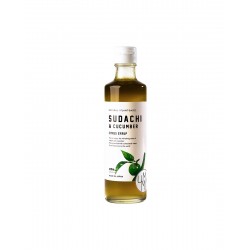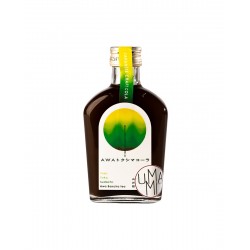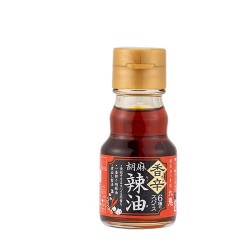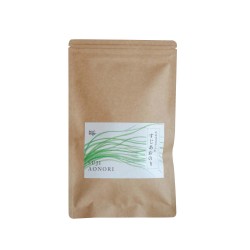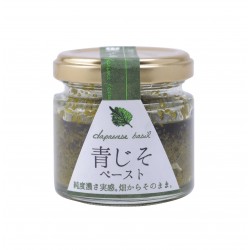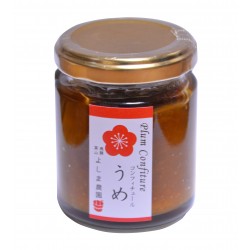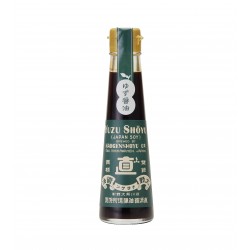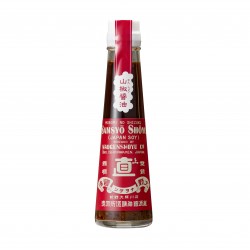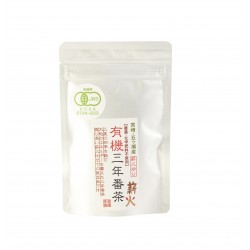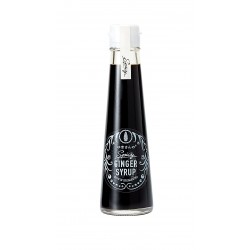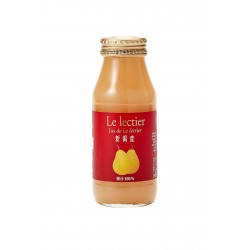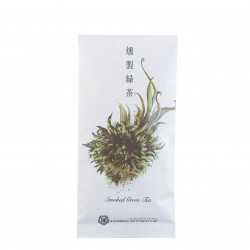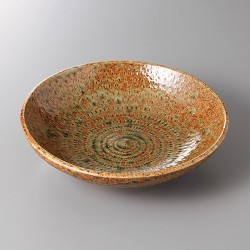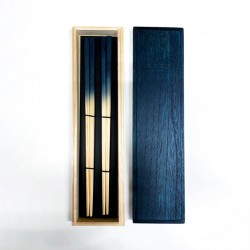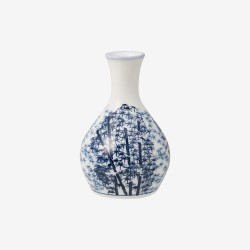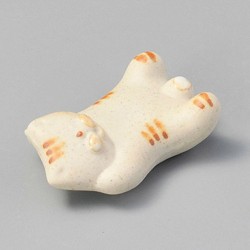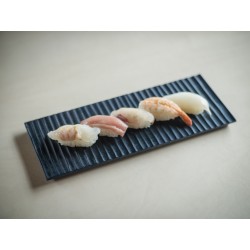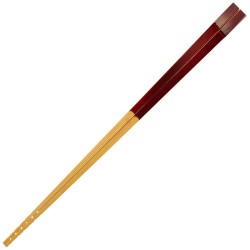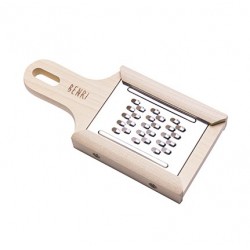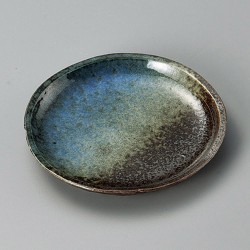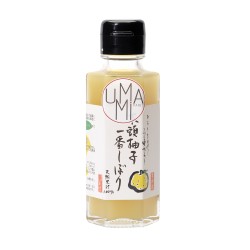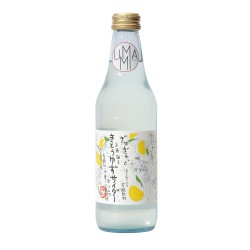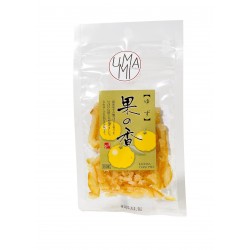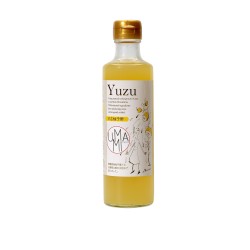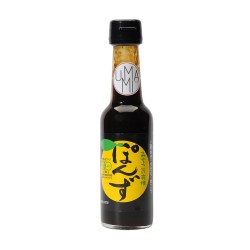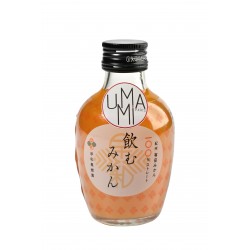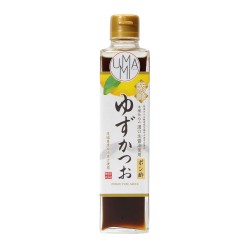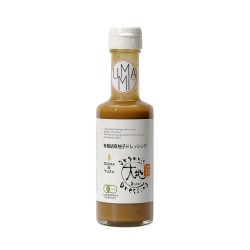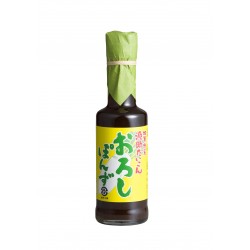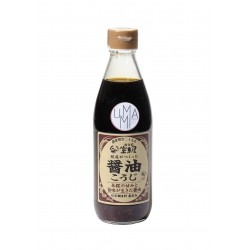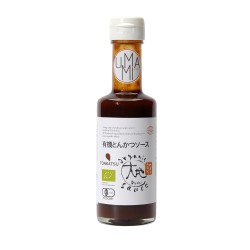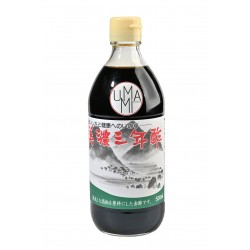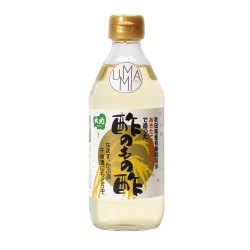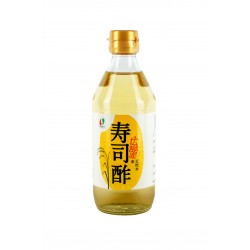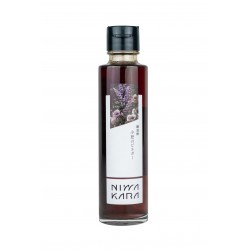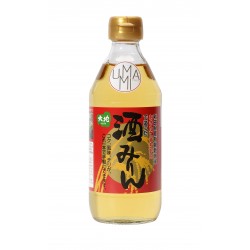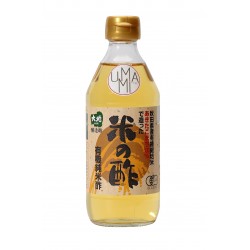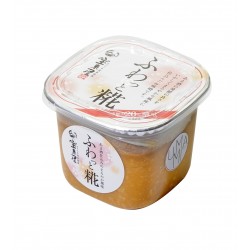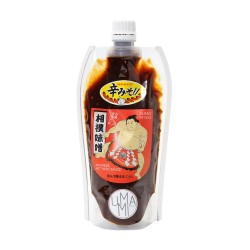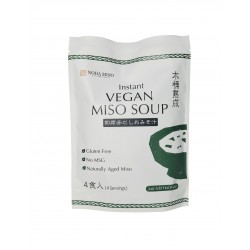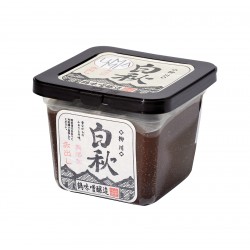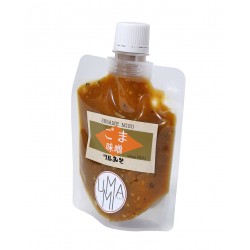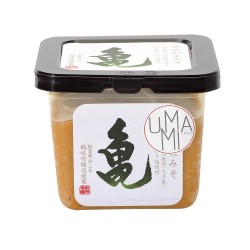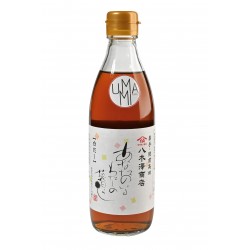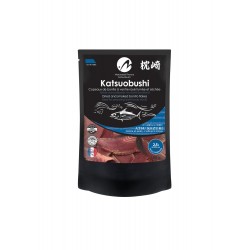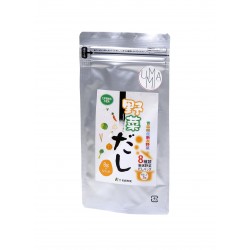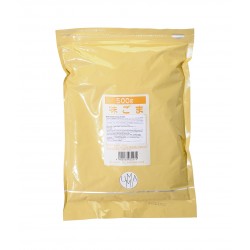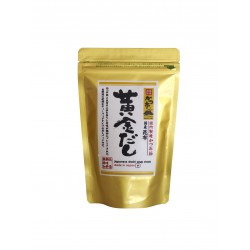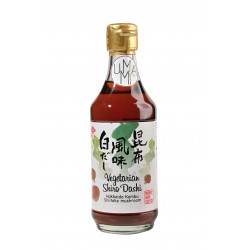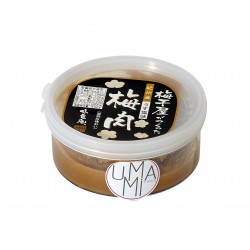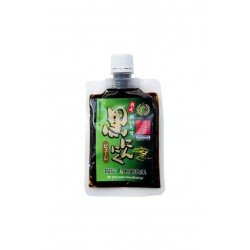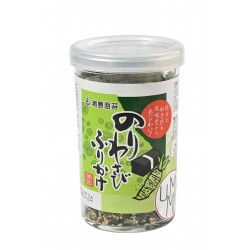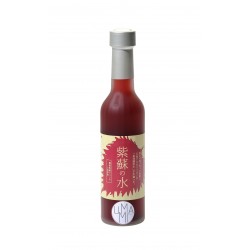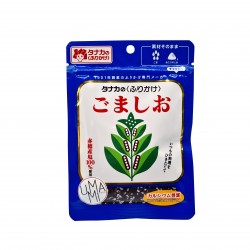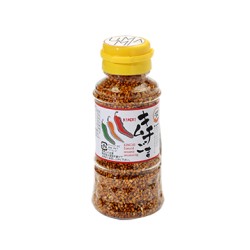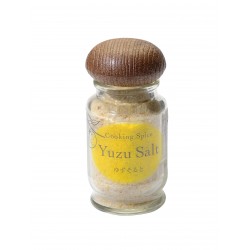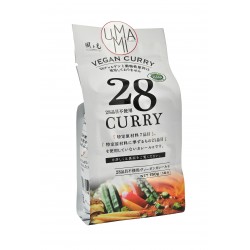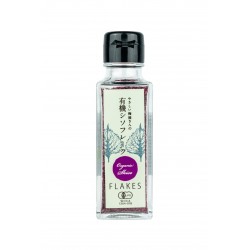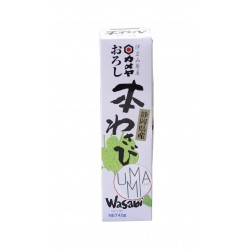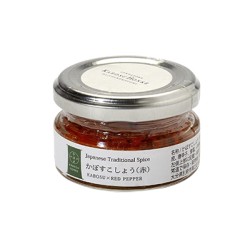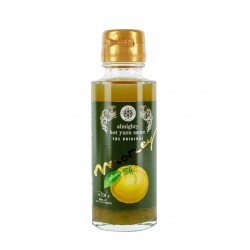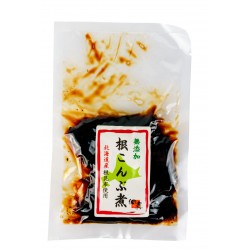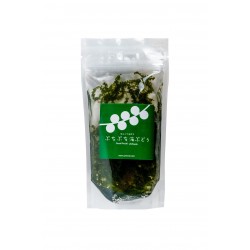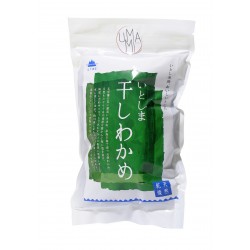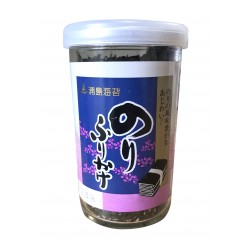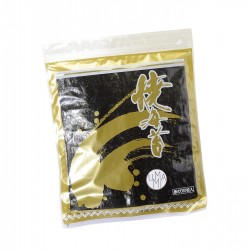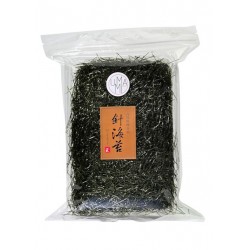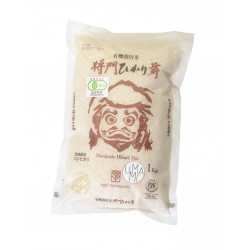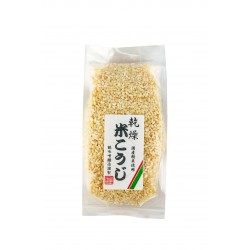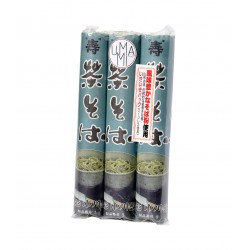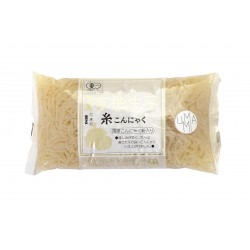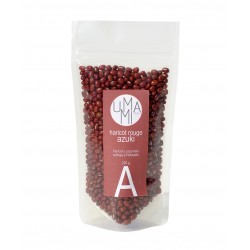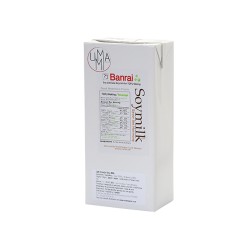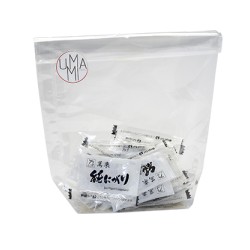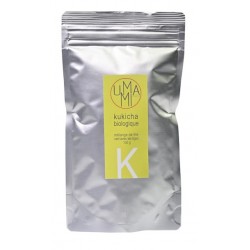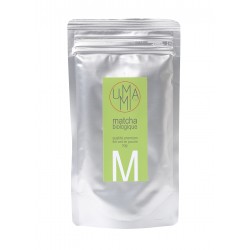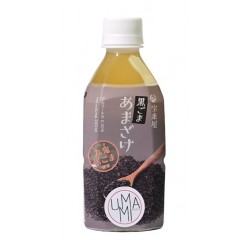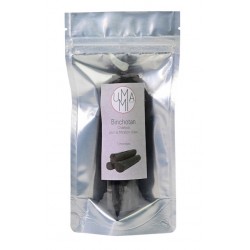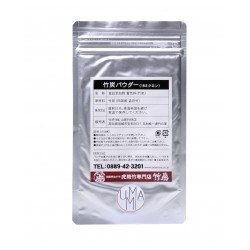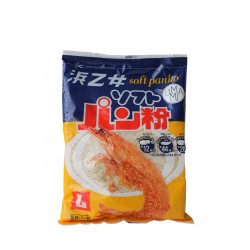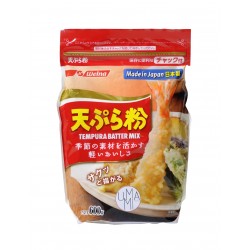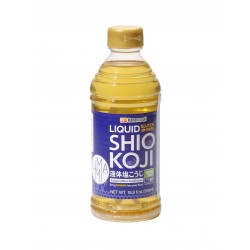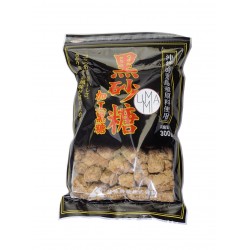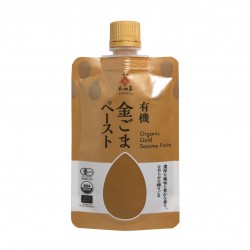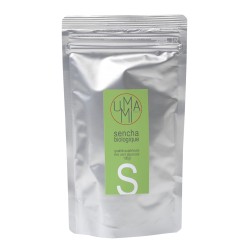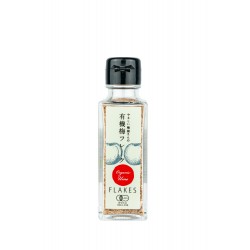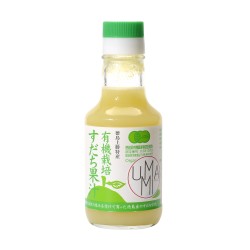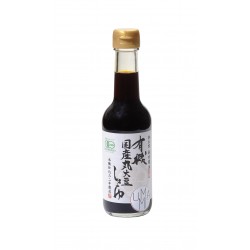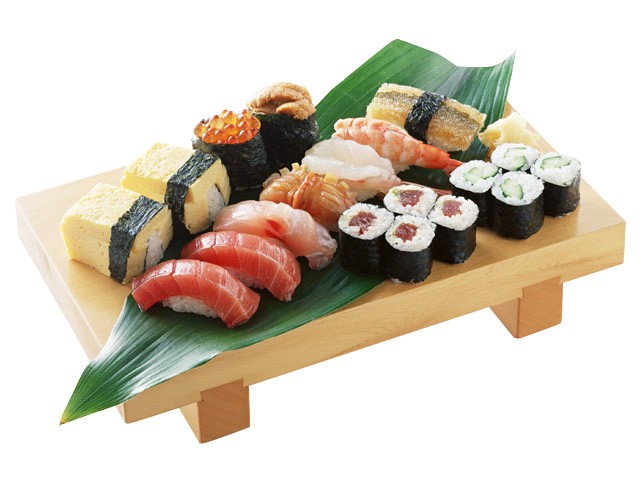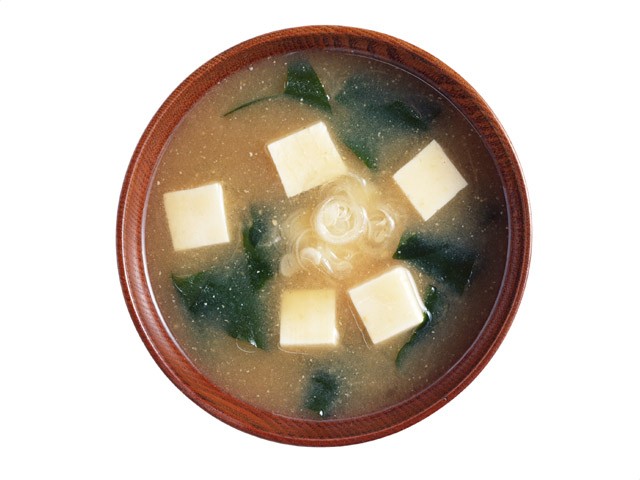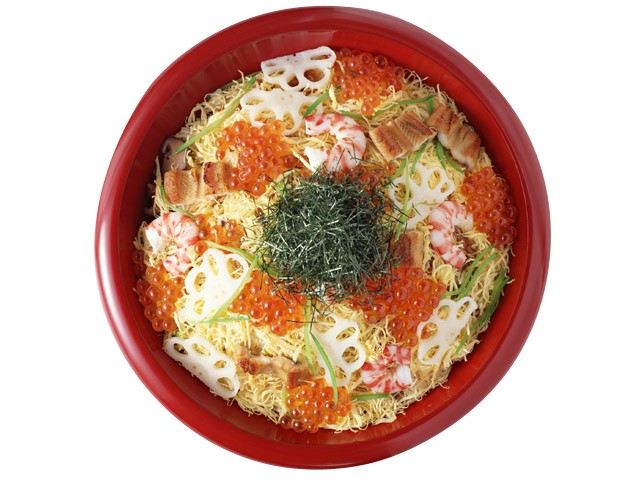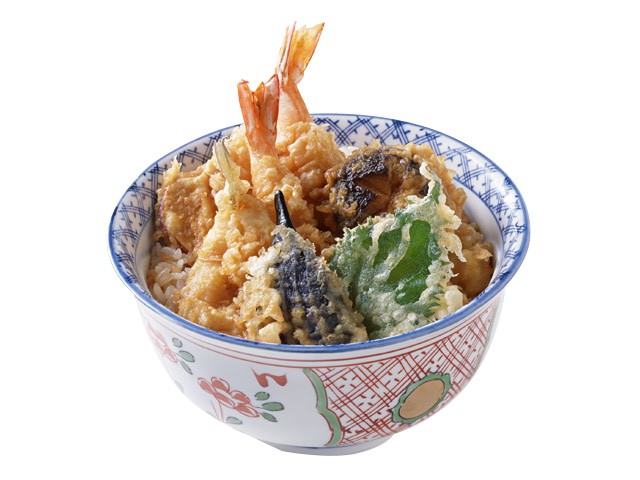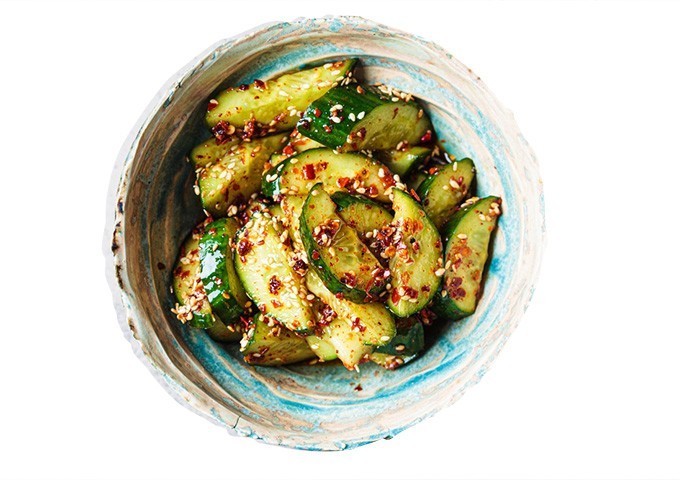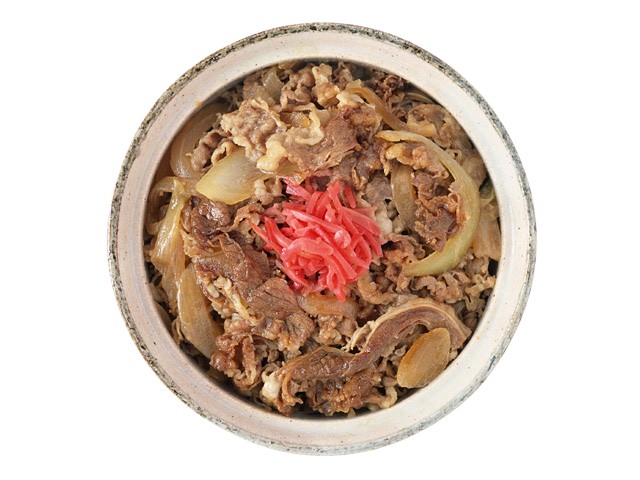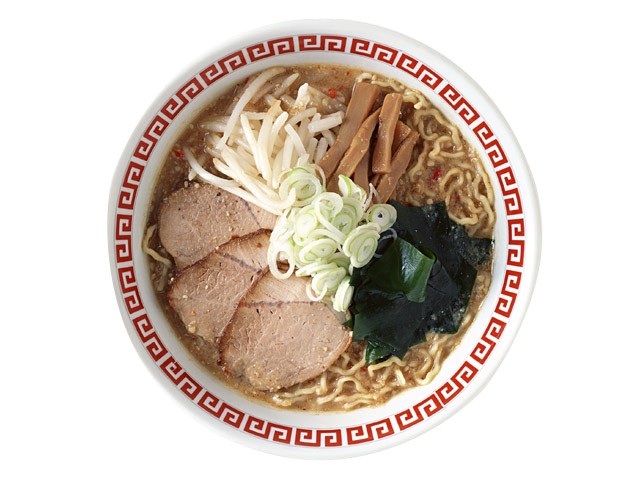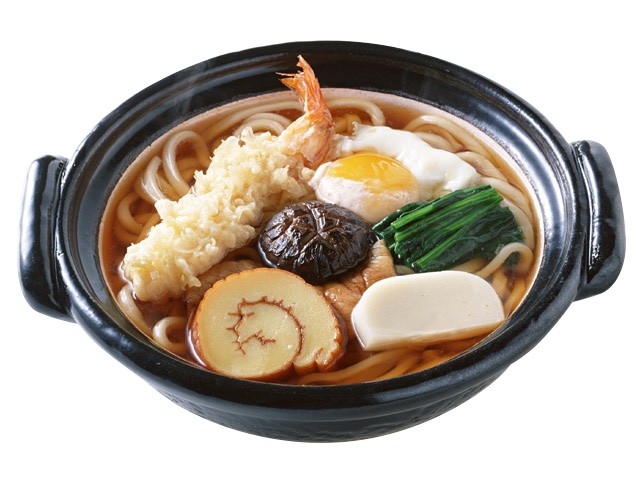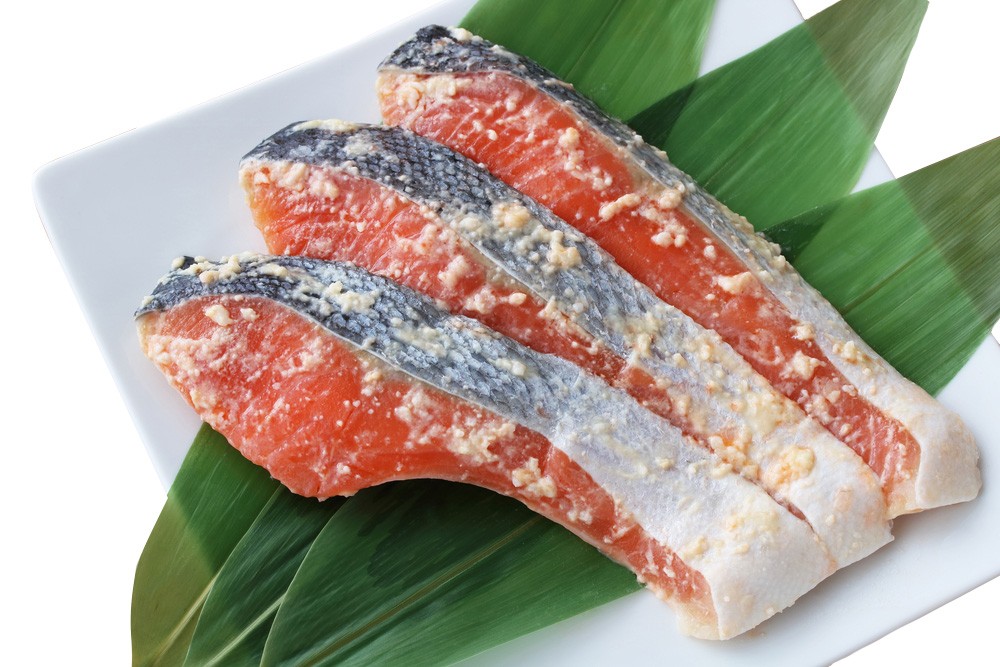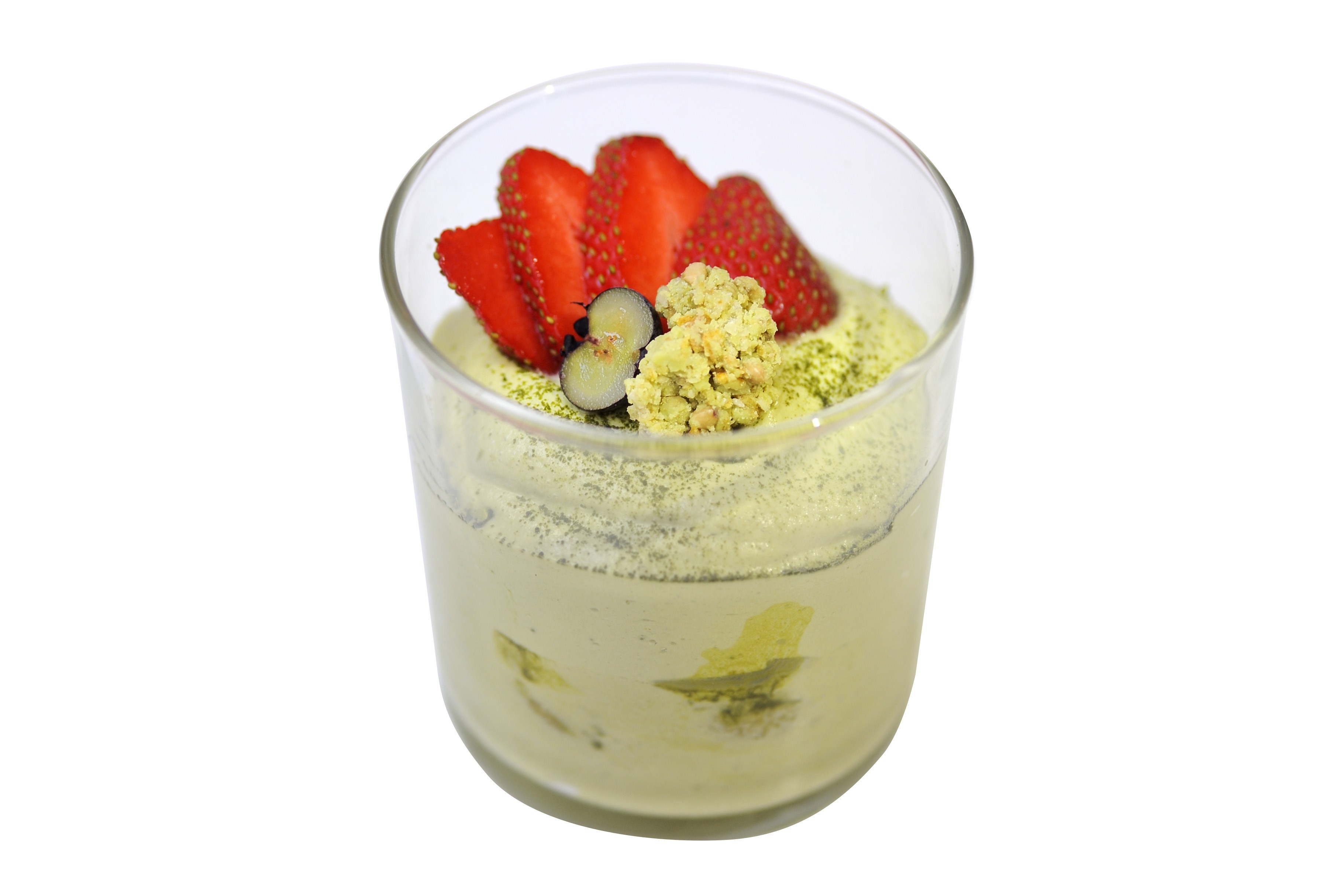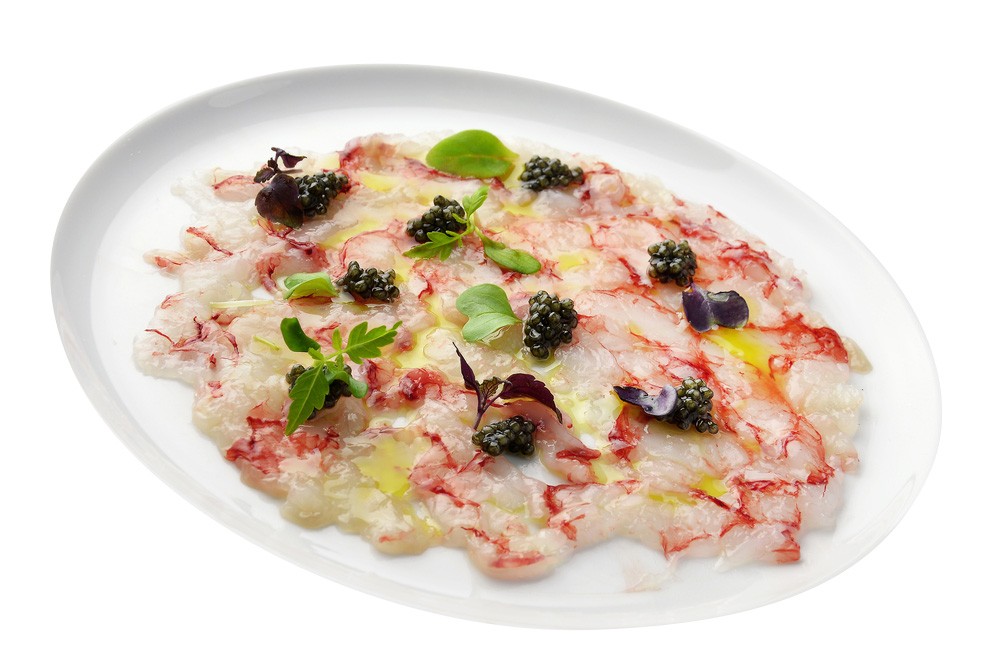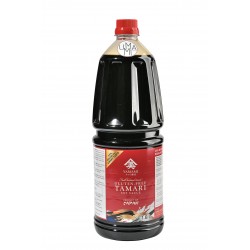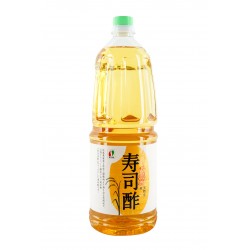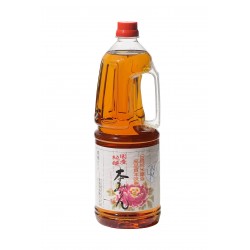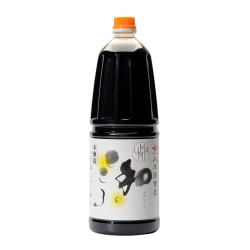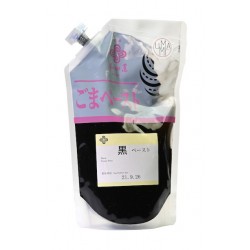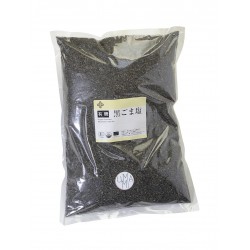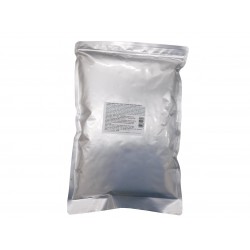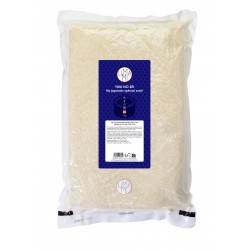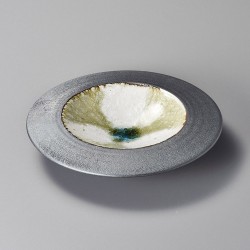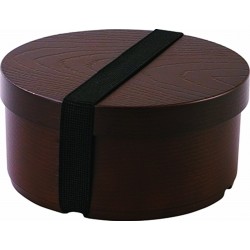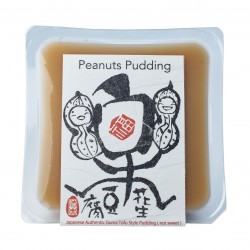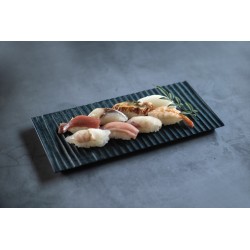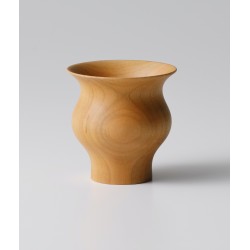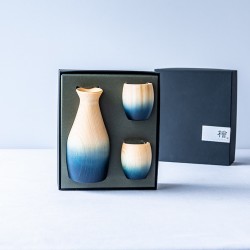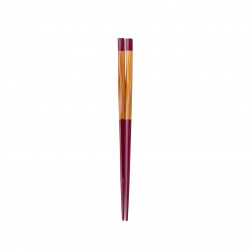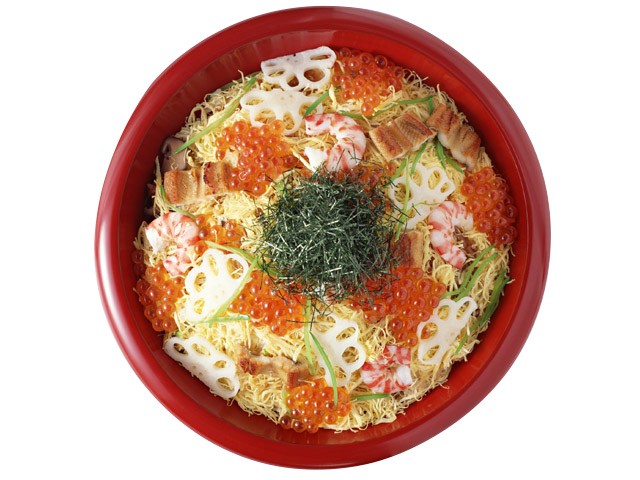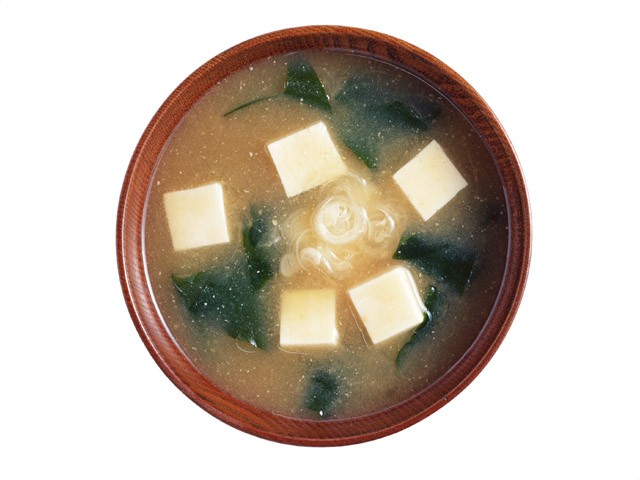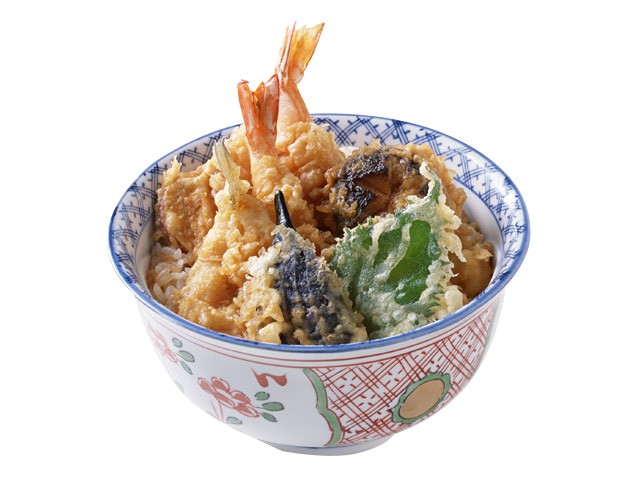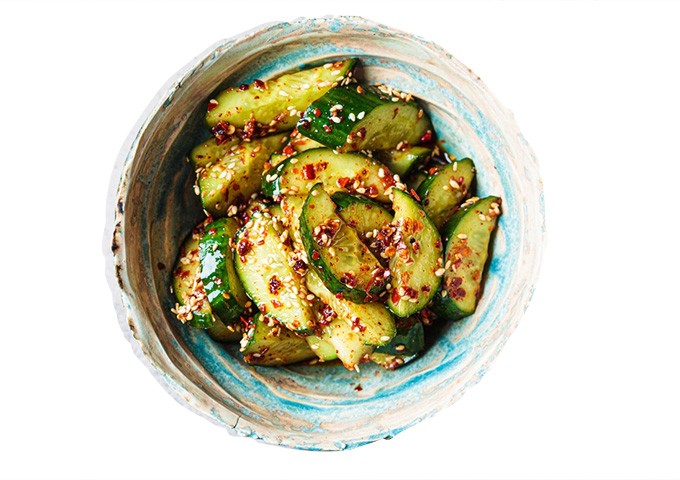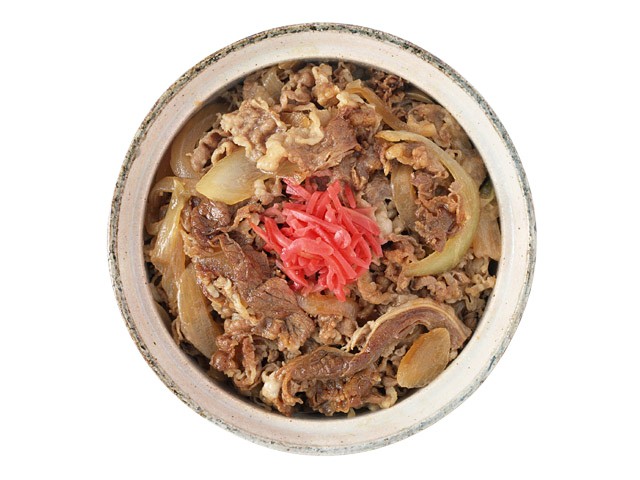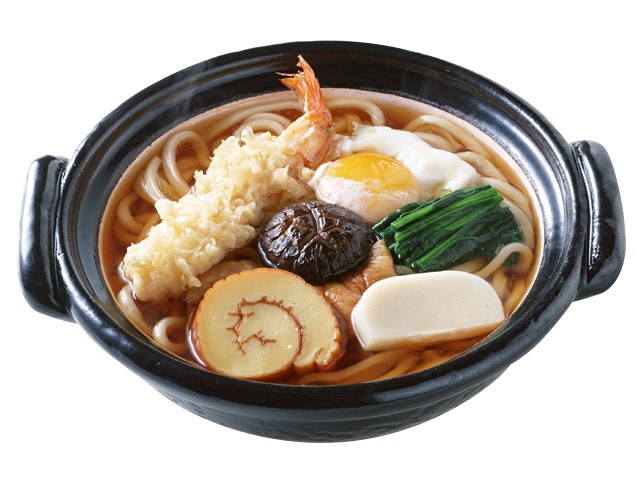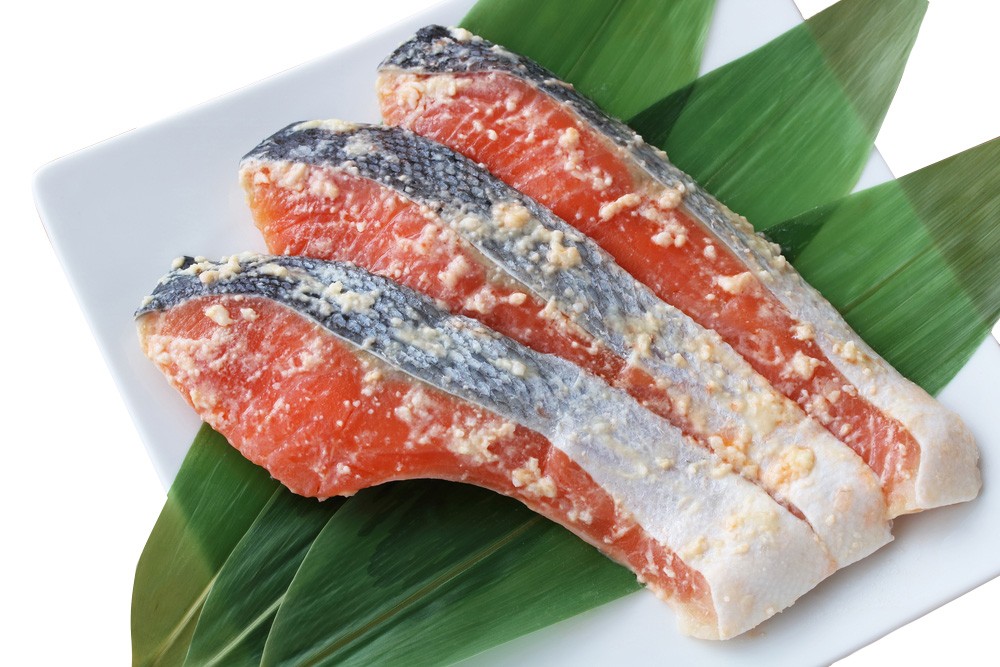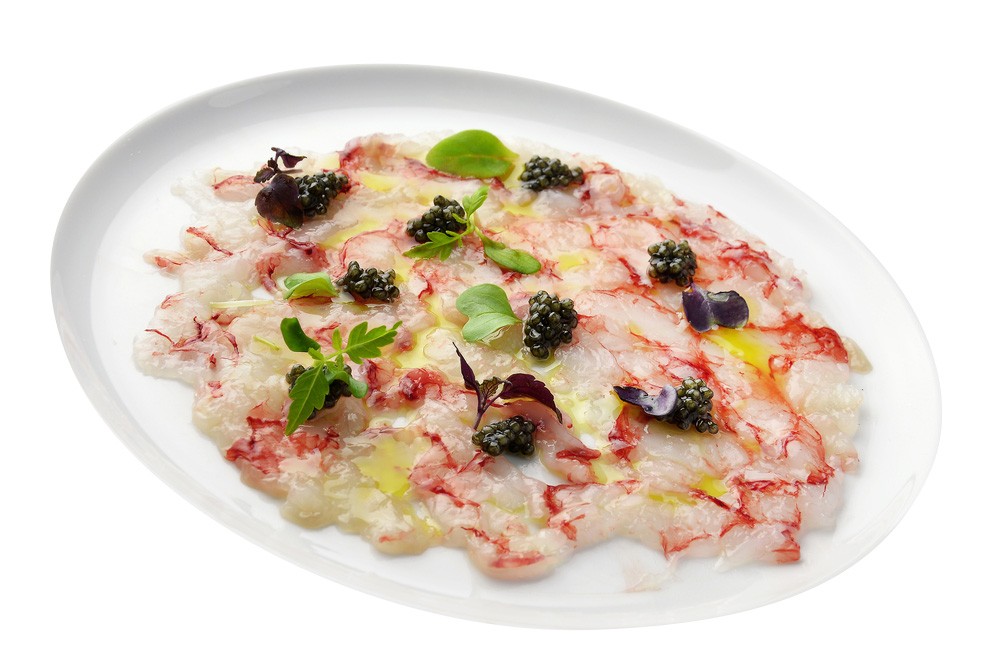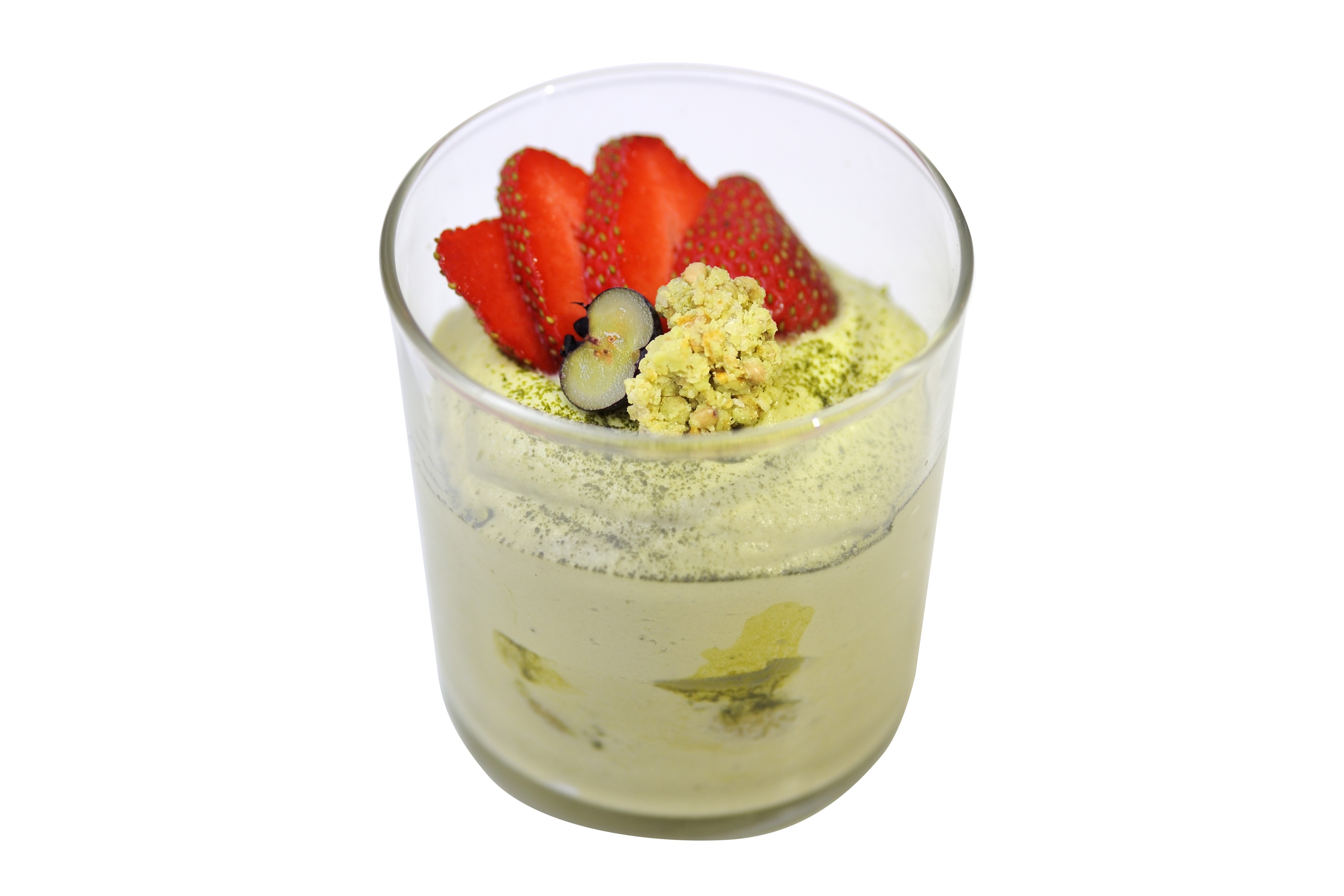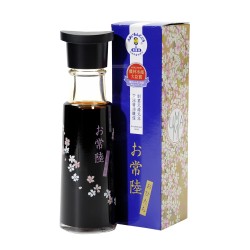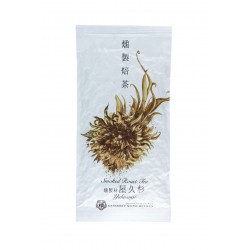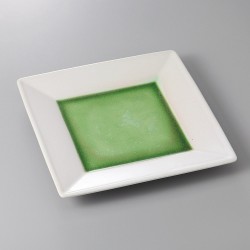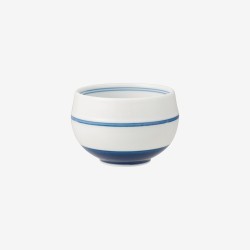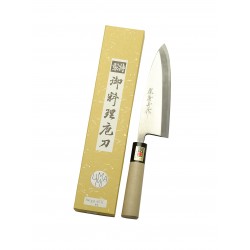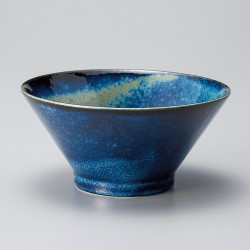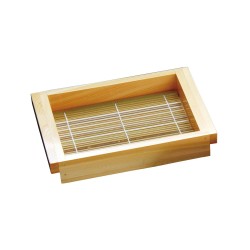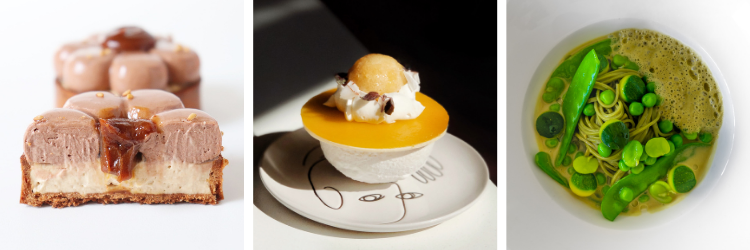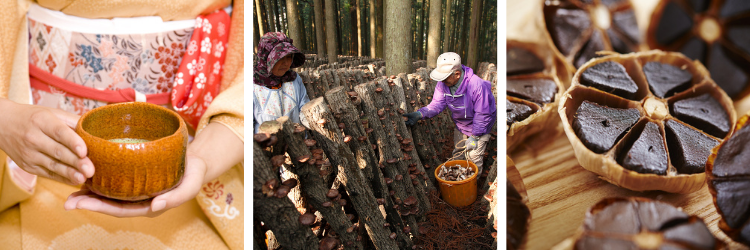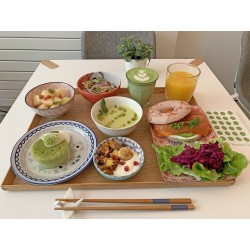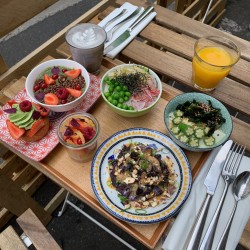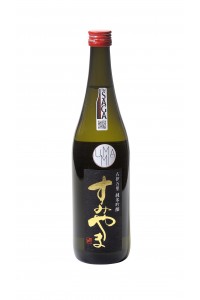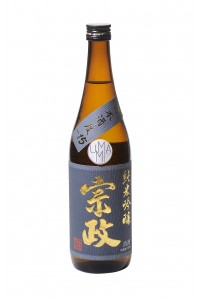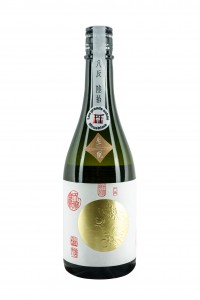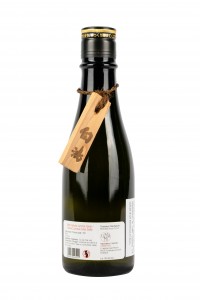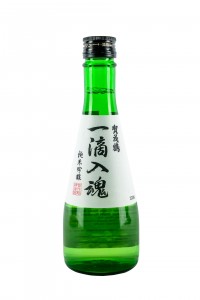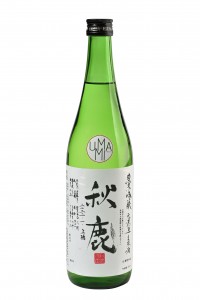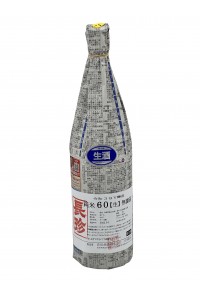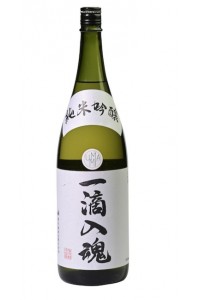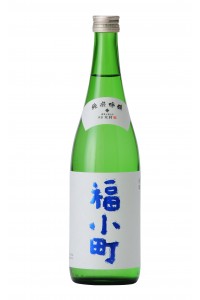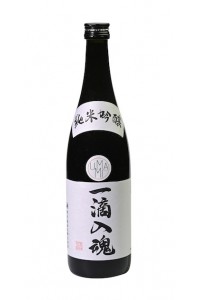-
MenuRetour
-
Delicatessen
-
-
-
Novelties from Japan
-
-
Good deals
-
-
-
-
Bowls
-
Teapots
-
Salads bowls and sauce boats
-
Carafes and sake sets
-
Cooking tools
-
Bento boxes
-
Chopsticks and cutlery
-
Decoration
-
Voir tous les produits
-
-
NOS COUPS DE COEUR
-
-
-
-
NOS COUPS DE COEUR
-
-
-
-
-
-
Tous les produits
-
-
Our favorites
-
-
-
-
Best sellers
-
-
-
-
What is yuzu ?
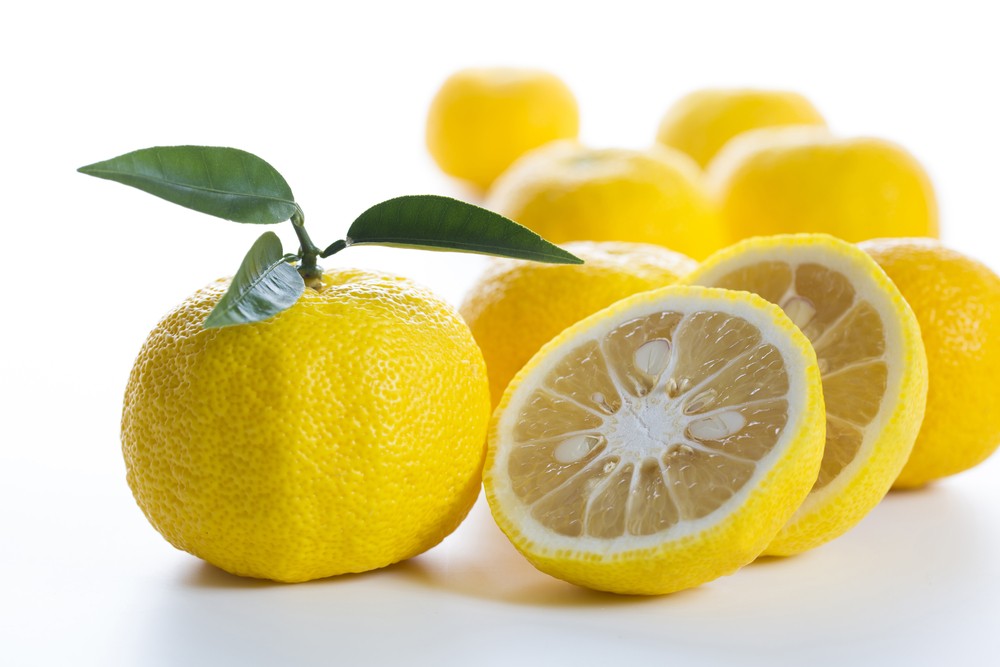
-
-
-
What is yuzu ?
Yuzu is a yellow citrus with a thick and bumpy peel, mainly cultivated on the island of Shikoku. Yuzu has many seeds and gives very few juice. It has a very fruity and rich flavor, less acidic than lemon, with aromas in between lemon, citron and mandarin.
-
-
-
-
-
all products
-
All products
-
-
Our favorites
-
-
-
What is ponzu ?
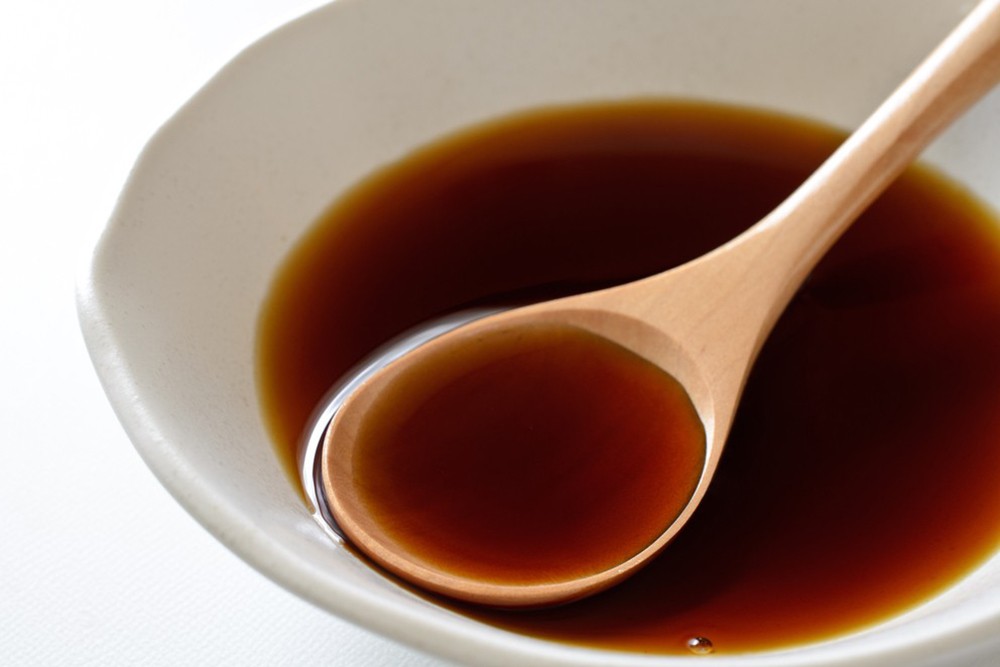
-
-
-
What is ponzu ?
Ponzu is a well appreciated sauce in Japan that combines soy sauce, dashi, vinegar and citrus juice. It is a very easy to use sauce because its fresh and umami flavor matches with a lot of dishes, as well as European cuisine. Ponzu is delicious as a part of a salad dressing, with raw scallops, white butter, fatty meats, etc. Umami Paris offers a large range of ponzu sauce, made by citrus or soy sauce producers for example, with each one a unique recipe. Each ponzu uses different citruses such as yuzu, sudachi or mikan and has different quantities of dashi broth and vinegar !
-
-
-
-
-
Vinegars
-
all products
-
-
Our favorites
-
-
-
-
Nos coups de coeur
-
-
-
-
What is mirin ?
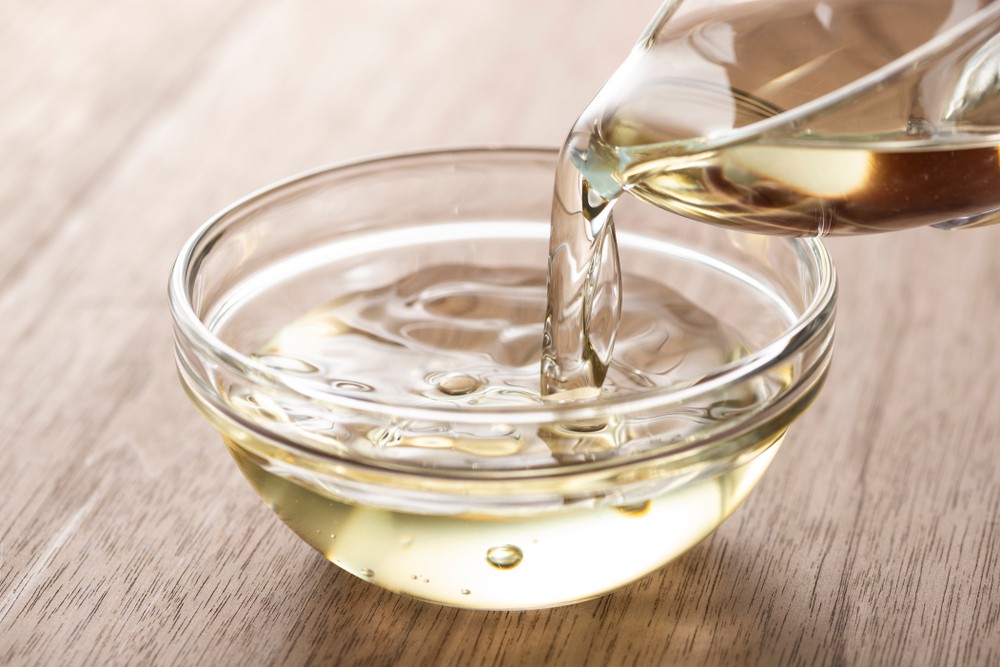
-
-
-
What is mirin ?
Mirin is a type of rice alcohol used in cooking. It is made with fermented rice, water, salt and sometimes shochu. Mirin is lighter and sweeter than sake. Its sweet taste comes from the sugar naturally created during the fermentation process. This cooking alcohol has a texture slightly more sirupy than sake and it is used to add a rich and umami flavor to sauces like the famous teriyaki sauce. It gives sweetness and body to sauces and reduces the bitterness or the acidity of a dish.
-
-
-
-
-
Miso
-
-
Our favorites
-
-
-
-
NOS COUPS DE COEUR
-
-
-
-
What is miso ?
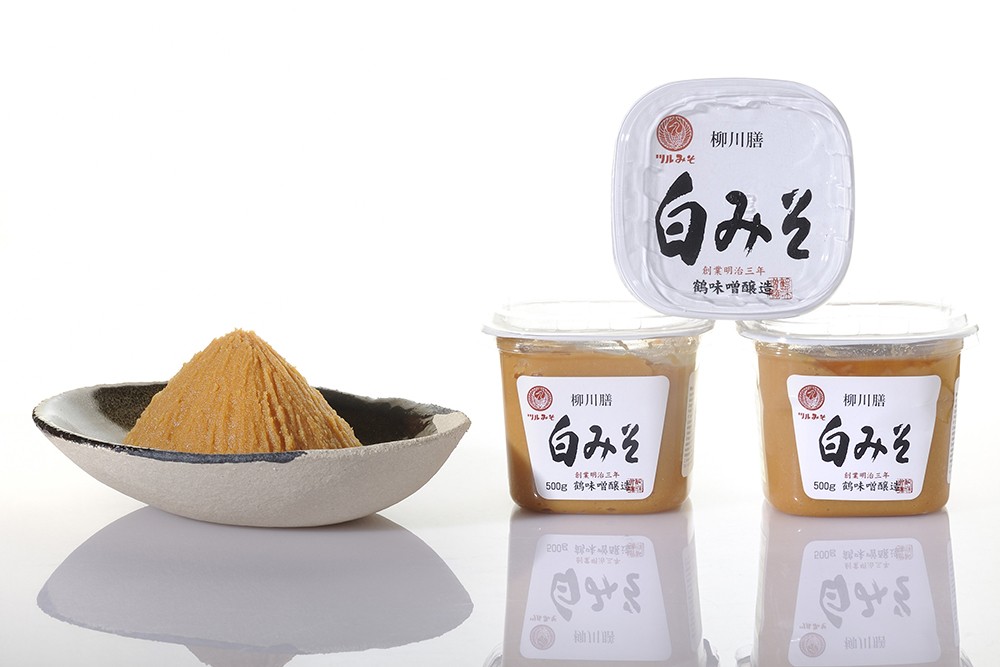
-
-
-
What is miso ?
Miso is a fermented cereal paste (usually rice, soy or barley) that is a staple of Japanese cuisine. Miso can be distinguished according to the cereals used and their fermentation time. The darker the color, the more fermented and flavorful the miso is. Traditionally, miso is added to a dashi broth to prepare the famous miso soup. It can also be used in marinades and sauces as well as sweet dishes.
-
-
-
-
-
Dashi broth
-
Bouillon dashi
-
-
-
Our favorites
-
-
-
-
NOS COUPS DE COEUR
-
-
-
-
What is dashi ?
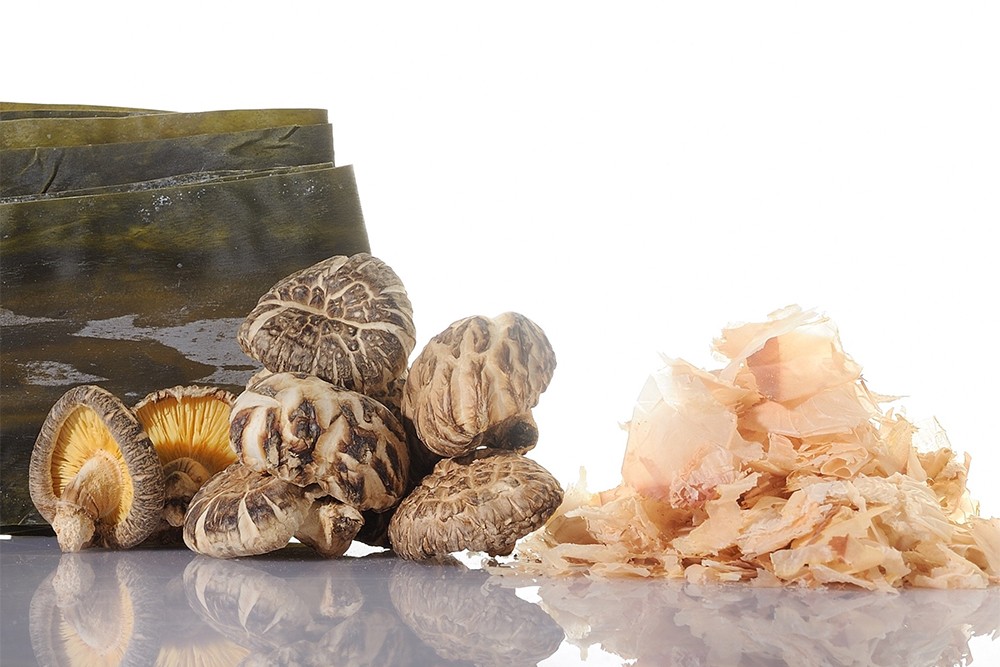
-
-
-
What is dashi ?
Dashi broth is a staple of Japanese cuisine and is full in umami. It is a broth mainly made of kombu seaweed and bonito flakes. This broth is traditionally used to prepare miso soup but also as a base added in a lot of other dishes such as noodles (ramen, soba), to cook vegetables, meat or fish. Dashi can be made from scratch or be found in powder or liquid form for an easier use. It is also used to flavor many other Japanese products such as soy sauce or sesame.
-
-
-
-
-
Furikakes
-
Black garlic
-
Shiitakes
-
Umeboshi
-
Shiso
-
Sakura
-
Oils
-
Salts
-
Sugars & syrups
-
all products
-
-
Our favorites
-
-
-
-
Our favorites
-
-
-
-
What is black garlic ?
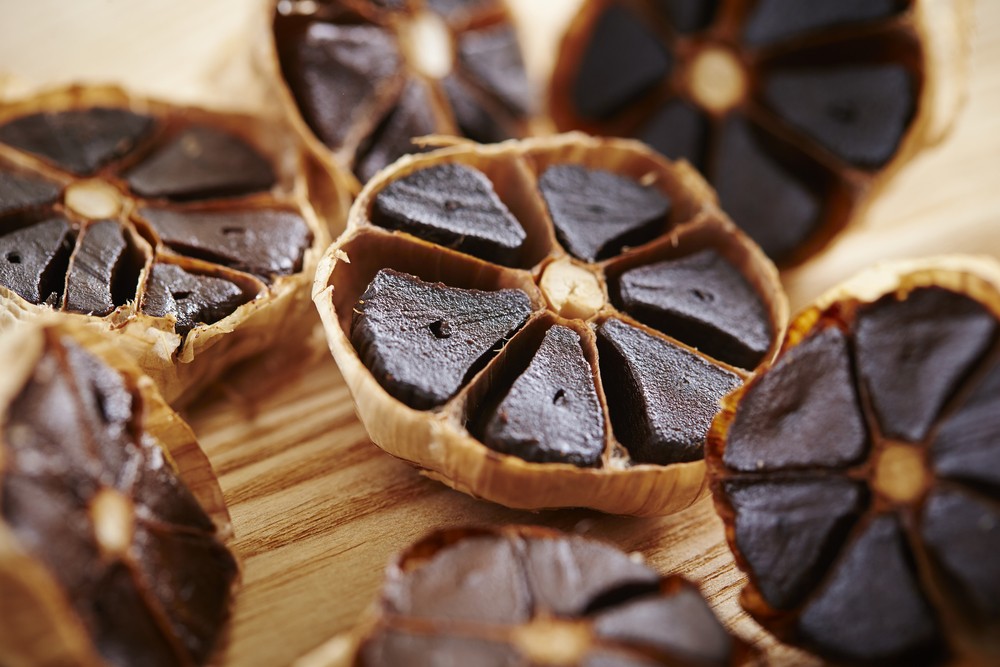
-
-
-
What is black garlic ?
Black garlic is a natural, additive and preservative free product. White garlic heads are cured 30 to 40 days in a place with a very precise and controlled humidity rate. This process transforms the garlic and makes it perfectly digest, gets rid of its bad smells and gives it a nice creamy texture that reminds of candied fruits. Black garlic is famous for its health benefits like its high amount of antioxidants. It is known to be one of the ingredients behind Japanese people longevity.
-
-
-
-
-
-
Our favorites
-
-
-
-
Épices
-
-
-
-
What is wasabi ?
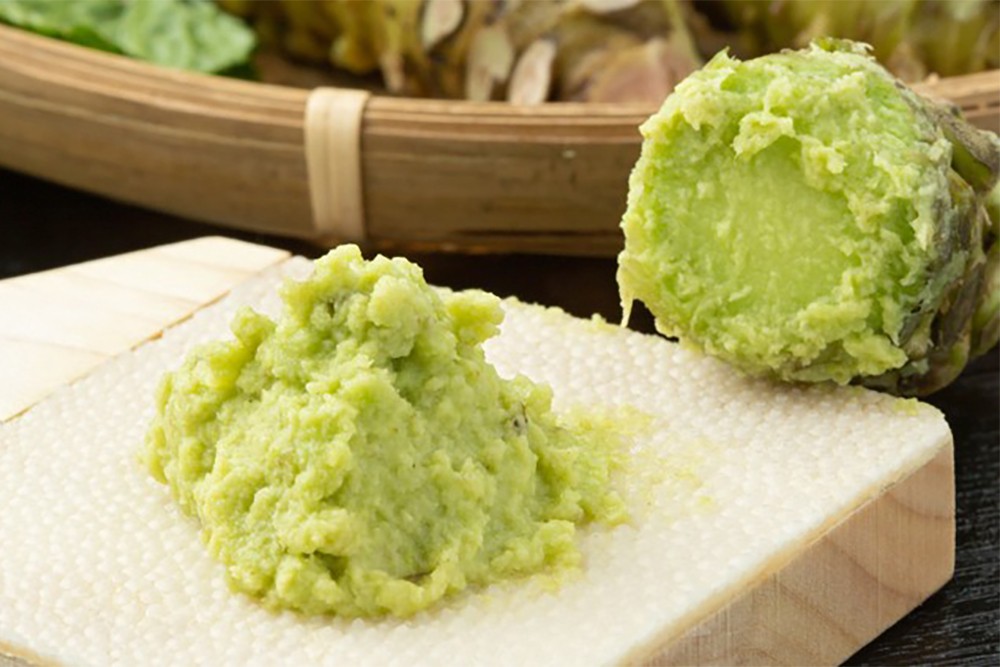
-
-
-
What is wasabi ?
Wasabi is a plant from Japan, traditionally used grounded in a thin paste called by the same word. Wasabi is often referred as "Japanese mustard" but its flavor is fresher with a spiciness that goes up to the nose. Wasabi has been eaten in Japan for centuries and the oldest mention of it dates back to 685. It is known for its antibacterial properties, one fo the reason why wasabi often accompany raw fish dishes such as sashimi.
-
-
-
-
-
Seaweeds
-
-
Our favorites
-
-
-
-
Algue
-
-
-
-
What is kombu ?
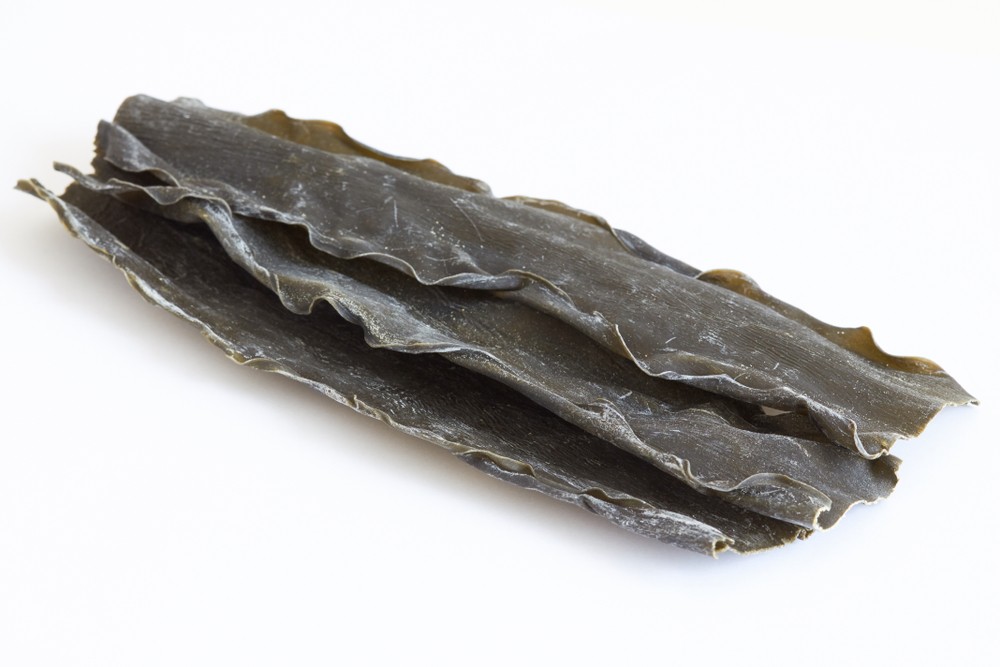
-
-
-
What is kombu ?
The word “kombu” is a Japanese term that refers to a group of edible Laminaria seaweed, traditionally eaten in Asia. The island of Hokkaido regroups 90% of the Japanese kombu production. They grow out at sea, between 5 and 7 meters of depth and develops with photosynthesis. Kombu is one of the richer food in umami. Indeed, it has the bigger content of glutamic acid, the amino acid creating the umami flavor. Kombu seaweed is also very rich in iodine, magnesium, iron, protein and contains more tan 20% of vitamins and minerals.
-
-
-
-
-
Riz japonais
-
Riz japonais
-
Riz japonais
-
Riz japonais
-
-
Our favorites
-
-
-
-
Our favorites
-
-
-
What is konjac ?
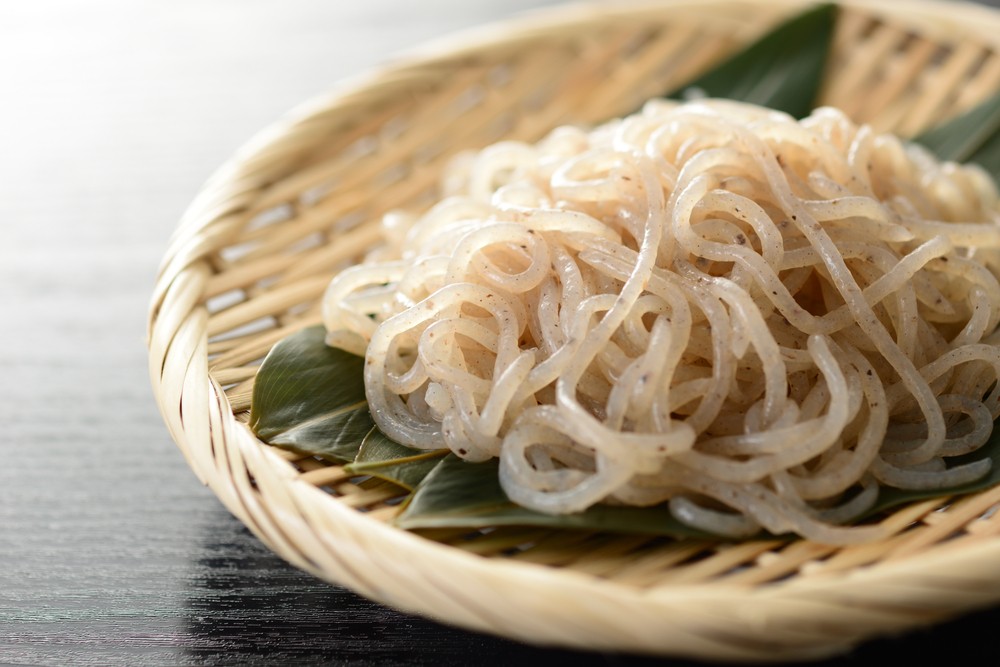
-
-
-
What is konjac ?
Konjac is a plant from the Araceae family that can be found mainly in South-east Asia. With konjac tuber, we obtain a konjac powder that can be used to make various ingredients used in Japanese cuisine. Konjac has a neutral flavor but resists very well heat and that is why it can be used in a large variety of dishes. Very rich in fibers, konjac helps regulate slow digestion, blood sugar and cholesterol. It is an ingredient with a very low calorie content (3 kcal for 100g) that fill the stomach, lower hunger sensations and clean the intestine.
-
-
-
-
-
Soy & leguminous
-
-
-
Our favorites
-
-
-
-
Soja et Tofu
-
-
-
-
What is soy ?
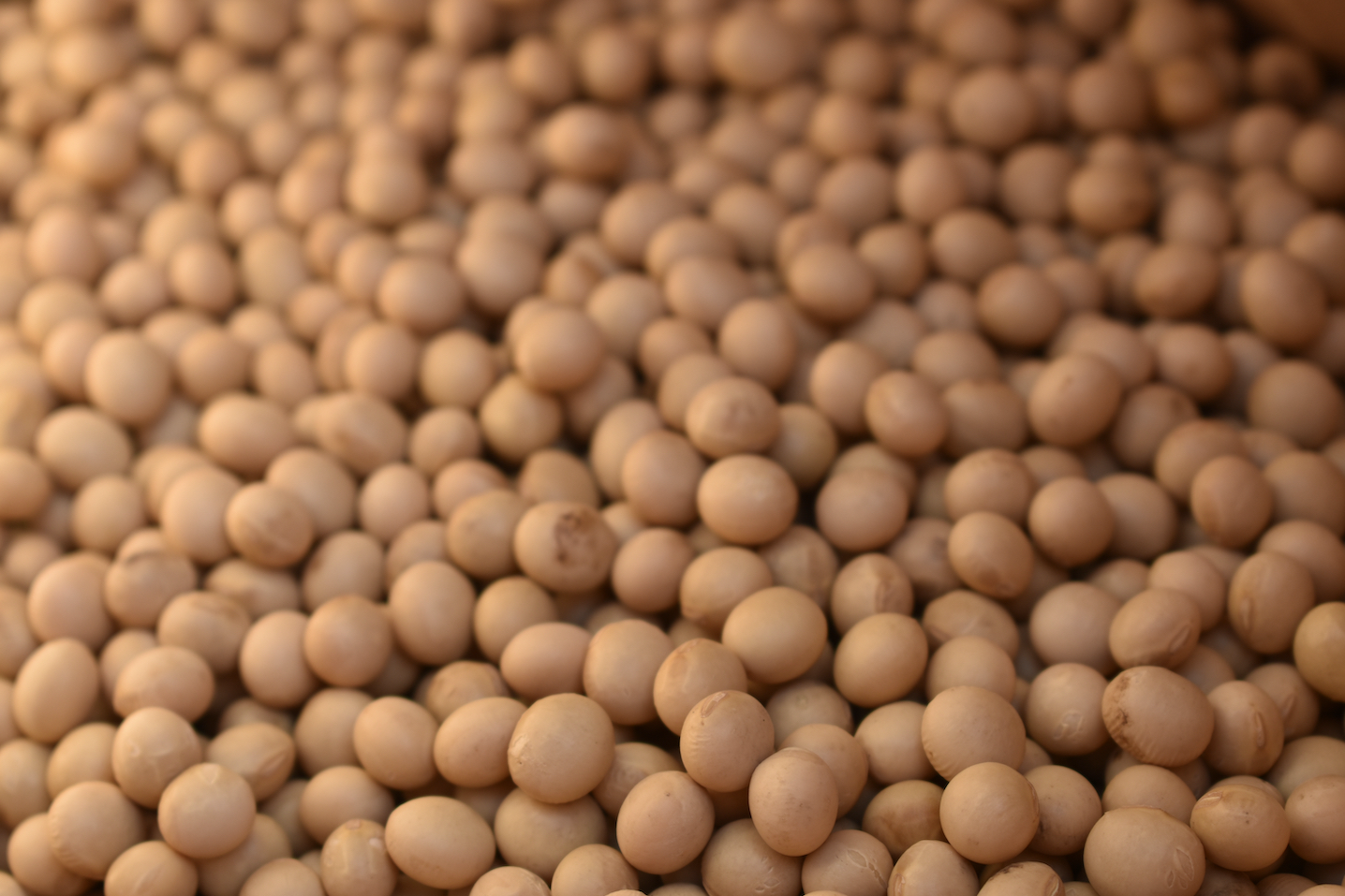
-
-
-
What is soy ?
Soy is one of the most used plant in Asiatic diet and especially in Japanese cooking. Rich in oil and proteins, soy is consumed fermented like in soy sauce or as it is. Discover here a selection of Japanese products made of non fermented soy such as soy milk. Enjoy as well azuki, a bean very much used in Asia. It can be of various colors and can be added to savory and sweet dishes. Azuki beans are used to make anko, a sweet paste that can be found in a lot of traditional Japanese pastries.
-
-
-
-
-
Sencha
-
Genmaicha
-
Hojicha
-
Other teas
-
Accessories
-
For a gift
-
Par utilisation
-
-
Par utilisation
-
-
Our favorites
-
-
-
-
What is matcha ?
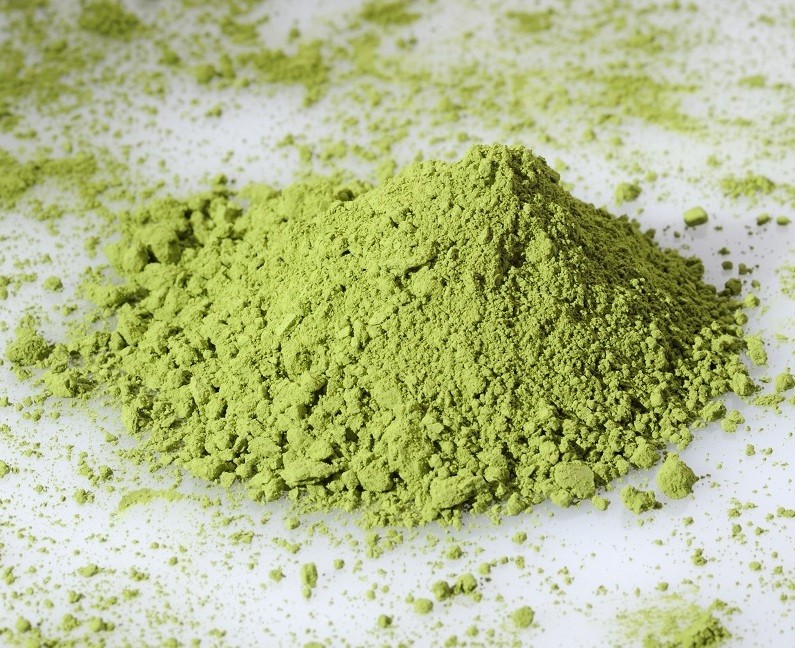
-
-
-
What is matcha ?
Traditionally used in Japan during the tea ceremony, matcha is a thin green tea powder made of young tea leaves that have been shadowed several weeks before the harvest. When the tea plant is completely exposed to sunlight, the light beams transform the theanine the plant contains in catechine. Theanine gives the tea its umami flavor while catechine gives it bitterness. In order to prevent the tea to become bitter and to give it a great umami flavor instead, the tea plants are shadowed before harvest. Matcha is one of the richest product in antioxidants. It helps fight against aging signs, fortify the immune system and is largely consumed for its relaxing and energizing effects.
-
-
-
-
-
To cook
-
all sake
-
-
-
Umeshu & liqueurs
-
-
-
What is sake ?
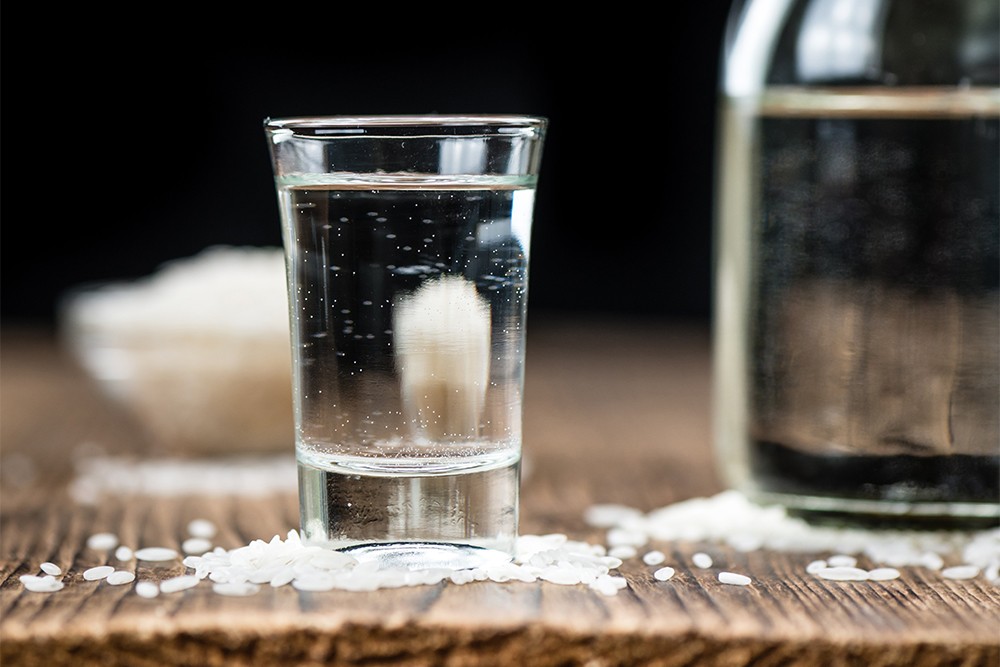
-
-
-
What is sake ?
Sake is a Japanese alcoholic drink made by fermentation of rice. It is not distilled and does not exceed 20 percent proof. In Japan, sake is called "nihon shu" to distinguish it from other alcohols, referred as "sake" in Japanese. In the begining, sake was made with two ingredients : rice and water. Rice grains were first steamed and then chewed before being fermented in water. When chewing, the enzymes contained in the saliva transformed the starch of rice. Some centuries later, this chewing process was replaced by the introduction of koji.
-
-
-
-
-
Activated charcoal
-
-
-
Our favorites
-
-
-
-
Produit phare
-
-
-
-
What is binchotan ?
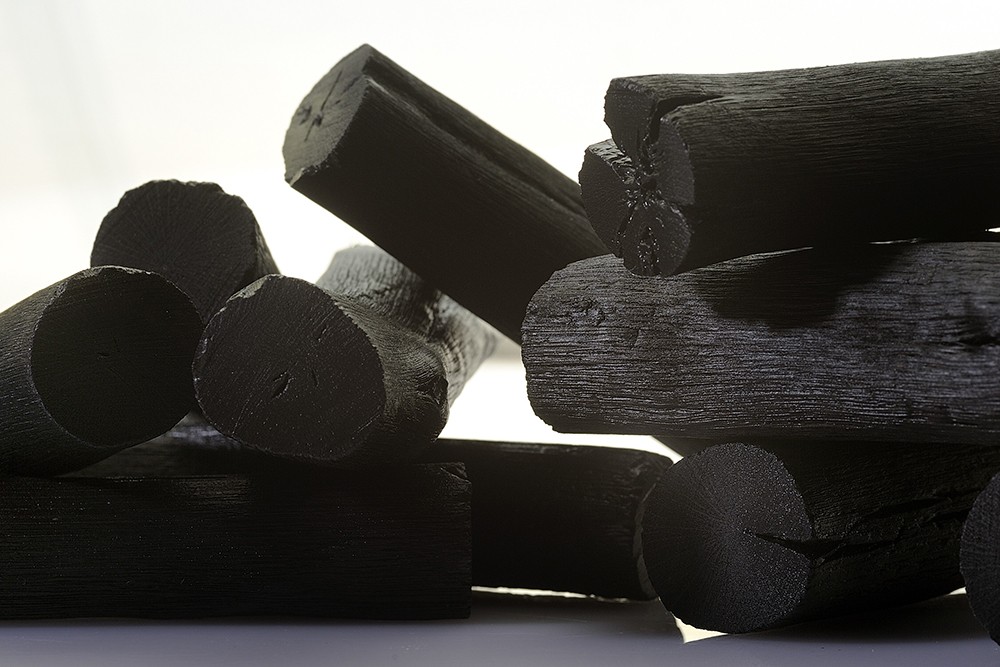
-
-
-
What is binchotan ?
Binchotan charcoal is a type of natural activated charcoal made from Ubamegashi oak tree. Very dense and tinted like meat, binchotan has a very slow combustion and a strong infrared radiation power that cook through all ingredient without burning them while giving them a subtile taste. It can also improve your water quality thanks to its absorbent properties that filter particules like chlorine or limescale. At the same time, its solvent power allows binchotan charcoal to add your water its own minerals.
-
-
-
-
-
All simple bevel knives
-
All knives
-
-
All knives
-
-
See all cooking equipment
-
-
Simple bevel or double bevel, what difference ?
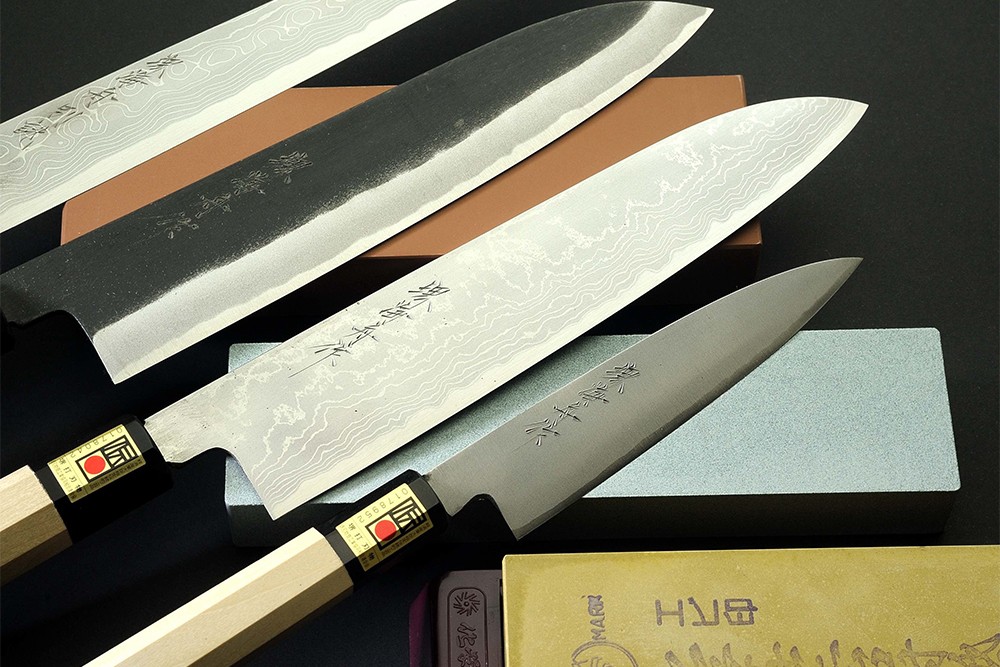
-
-
-
Simple biseau ou double biseau, quelle différence ?Simple bevel knives have a blade sharpened on one side only. These traditional knives allow a beautiful cute because the blade does not crush the flesh but divides it properly. Cutting with a simple bevel knife requires a little bit of training.Double bevel knives have the blade sharpened on both sides. This is the type of knife used in Europe. The double bevel knives we propose to you are the perfect combination of the double bevel and the traditional Japanese blade that cut clearly and precisely.
-
-
-
-
-
-
Aides culinaires
-
-
-
-
Aides culinaires
-
-
-
-
Aides culinaires
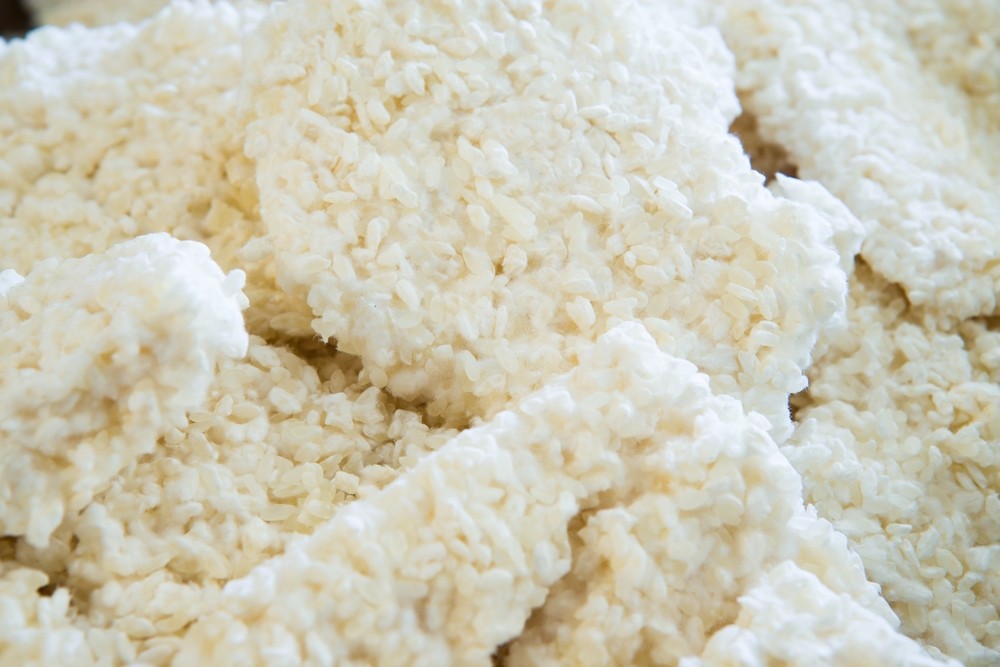
-
-
-
Aides culinaires
Koji is a Japanese ferment created by sowing a substrate with a mushroom called Aspergillus oryzae or Koji-kin. On this substrate, made usually of cereals (rice, soy, barley, etc.), spores produced by Koji-kin are sprinkled. After a few days, a thin white coat reminding of moss, appears on the substrate, it is koji : a living matter ready to be used ! Adding it to cereals, salt, water and using several traditional methods, we can create numerous products such as sake, mirin or miso.
-
-
-
-
-
Produits bio
-
-
Our favorites
-
-
-
-
Produits bio
-
-
-
-
-
-
Sushi, maki & onigiri
-
Poke bowl & chirashi
-
Miso soup
-
-
-
Tempura, frying & coating
-
Salads
-
Grilled meats & yakitori
-
Par utilisation
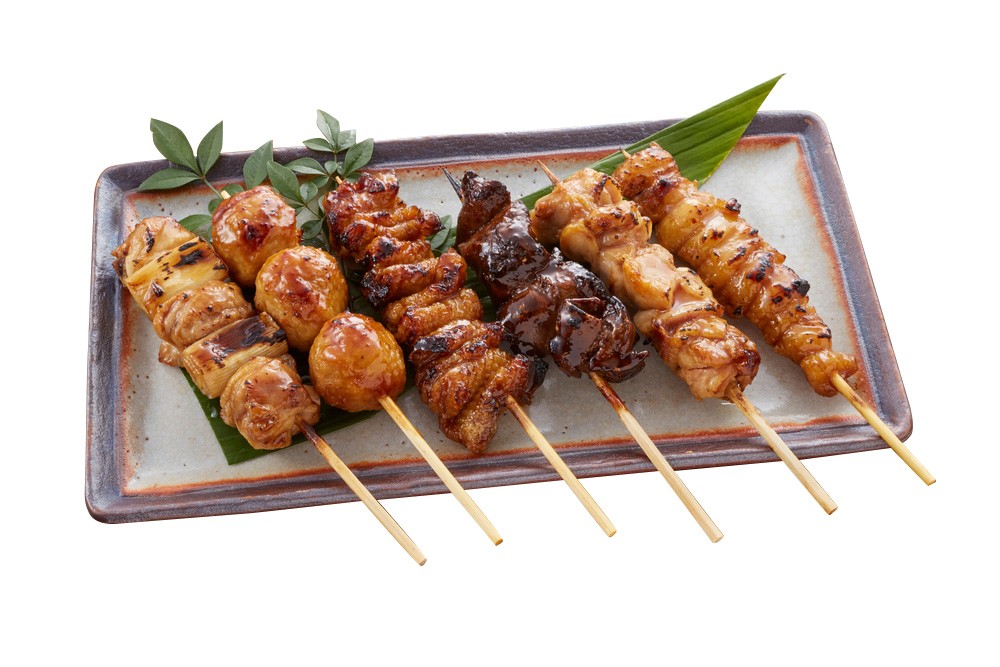
-
-
-
Donburi
-
Ramen
-
Udon & soba
-
-
-
Marinades
-
Ceviche & raw fish
-
Pastry
-
-
-
Find a product by use
You need a sauce to make a seasoning ? You would like to add flavor to a broth ? You are looking for the ingredient that is going to make a difference in your next pastry ? In order to fin the Japanese product that is going to match your need, find here selections of our products organized by use !
-
-
-
-
-
You are a professional ?
Umami offers to you a reactive sales team available to help you, prices adapted to your activity, shipping from boxes to pallets or trucks. Give us your contact details in order for our team to get in touch !
-
-
-
Vinaigres
-
-
-
-
Sauces
-
-
-
-
-
Japan Mall
-
-
Japan Mall selection
Thanks to the partnership Japan Mall, established with JETRO, the Japanese foreign trade organization, discover exclusively unique know-how and authentic products imported directly from Japan, around cooking and the table art. Immerse yourself in Japanese craftsmanship and explore new Japanese lands and flavors.
-
-
-
Selection of Akita products
-
-
-
-
produits temahima
-
-
-
-
produits temahima
-
-
-
-
Uses
-
-
For sushi, maki & onigiri
-
For poke bowl & chirashi
-
For miso soup
-
-
-
For tempura, frying & coating
-
For salads
-
Grilled meats & yakitori
-
sushi
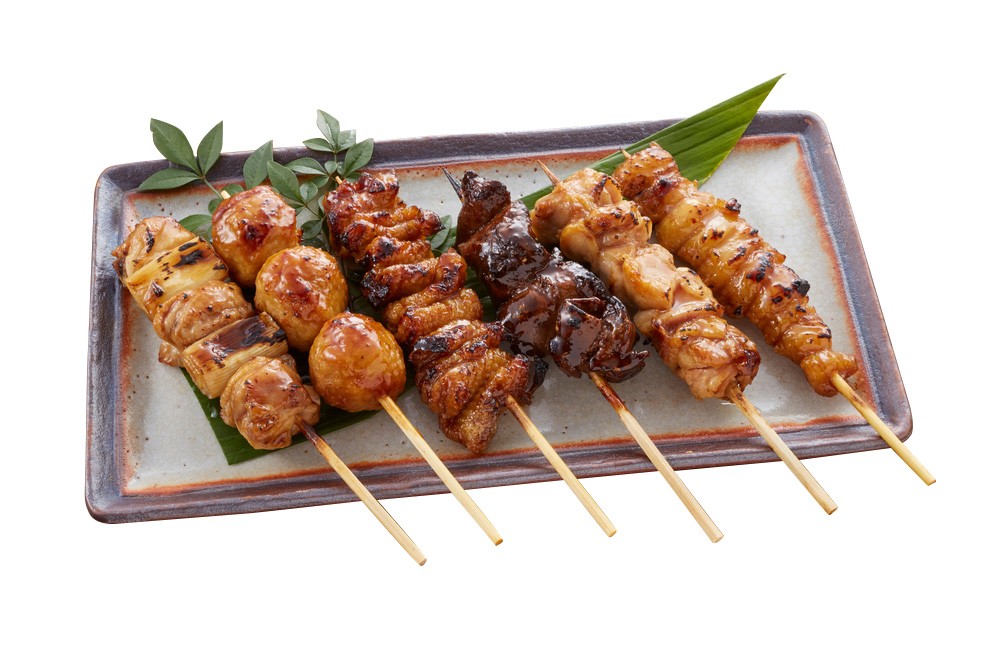
-
-
-
-
For pastry
-
-
Find a product by use
You need a sauce to make a seasoning ? You would like to add flavor to a broth ? You are looking for the ingredient that is going to make a difference in your next pastry ? In order to find the Japanese product that is going to match your need, take a look at our selections of products organized by use !
-
-
-
Must have
-
-
Must have products
-
Ponzu
-
Yuzu
-
Miso
-
Wasabi
-
-
-
Yuzu
-
Yuzu
-
Ail noir
-
Yuzu
-
Yuzu
-
Yuzu
-
-
-
Our best sellers
-
-
-
-
Our best sellers
-
-
-
-
Sakes & alcohols
-
-
All sake
-
-
-
-
How to enjoy sake ?
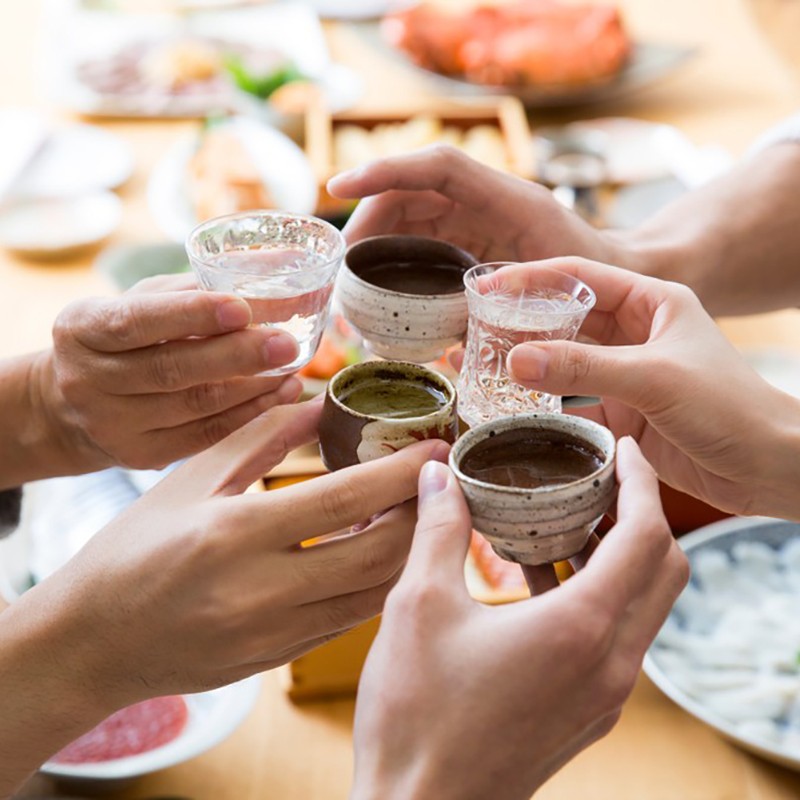
-
-
-
Teas & drinks
-
-
Sencha
-
Genmaicha
-
Hojicha
-
Accessories
-
Other teas
-
Matcha
-
See all products
-
-
See all products
-
-
Our favorites
-
-
-
-
What is matcha ?
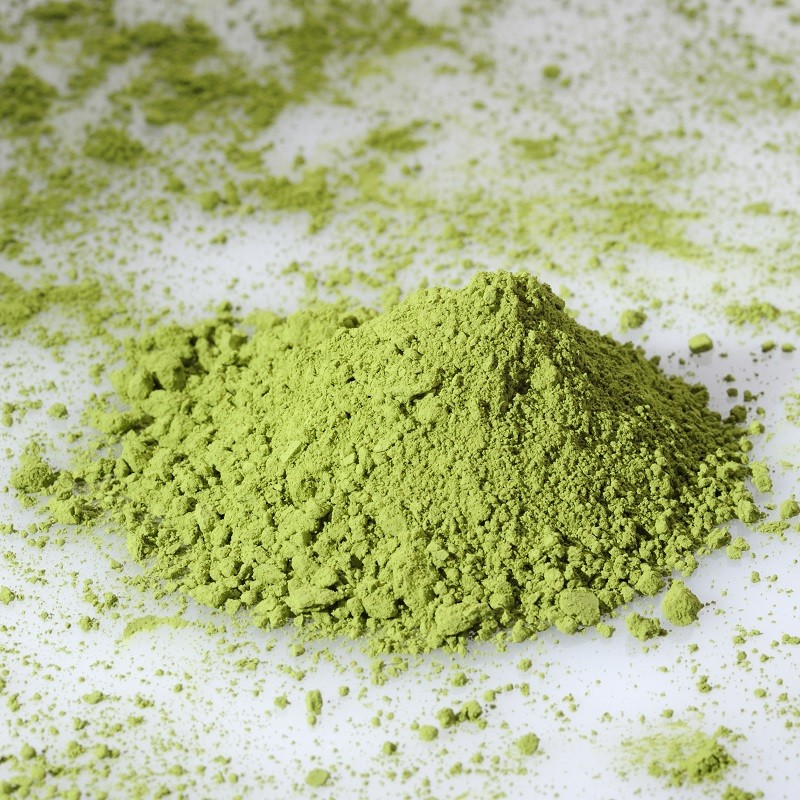
-
-
-
Tableware
-
-
Japanese bowls
-
Japanese plates and small bowls
-
Japanese teapots and drippers
-
Carafes and sake sets
-
Bento boxes
-
Japanese cooking tools
-
Japanese chopsticks and cutlery
-
Japanese dishes and trays
-
Japanese salad bowls and sauceboats
-
Decoration
-
All double bevel knives
-
-
All double bevel knives
-
-
Products
-
-
-
-
Products
-
-
-
-
Producers
-
-
SATO
-
SATO
-
-
-
SATO
-
SATO
-
-
-
SATO
-
SATO
-
-
-
SATO
-
SATO
-
-
-
SATO
-
SATO
-
-
-
Our Japanese producers
Umami works in close collaboration with more than 80 craftpersons in all Japan. Discover each one of them and their products !
-
-
-
Recipes & Blog
-
-
Our recipes
Discover some sweet, savory recipes to make at home with your favorite Umami products
-
-
-
Our blog
In our blog discover the origins of our products, our producers and Japanese culture !
-
-
-
OUR SHOPS
-
-
Matcha Cafe - Paris 3
Address : 22 rue Béranger 75003 Paris
Timetable : Monday - Friday 09:00am - 07:00pm / Saturday - Sunday 10:00am - 07:00pm
Contact : +33 (0)1 48 04 06 02
-
Offer a brunch at Matcha Cafe!
-
-
-
-
Matcha Cafe To Go - Paris 17
Address : 5 rue Pierre Demours 75017 Paris
Timetable : Monday 11:00am - 07:00pm / Tuesday - Friday 09:30am - 07:00pm / Saturday 10:00am - 07:00pm
Contact : +33 (0)1 45 74 73 22
-
Le Matcha Café - Paris 3ème
-
-
-
Office and warehouses - Fontenay-sous-Bois
NO SALE ON SITE
Address : 2 avenue Jean Moulin 94120 Fontenay-sous-Bois
Timetable : Monday - Friday 09:30am - 05:30pm
Contact : contact@umamiparis.com / +33 (0)1 43 94 97 91
-
Le Matcha Café - Paris 3ème
-
-
-
Our Parisian shops
You can find all of our products or collect your orders made on our website in our two Parisian shops, the Matcha Cafe.
In the Matcha Cafe, as well as a delicatessen corner, you can enjoy a seasonal homemade food with Japanese flavors, a great selection of Japanese teas and matcha, specialty coffees. The food highlights the Japanese products we import. The Matcha Cafe are opened for breakfast, lunch, snacks and for brunch on weekends.
Orders are shipped from our warehouses, located in Parisian region. Orders can be collected by appointment only. Sales on site are not possible.
-
-
- Professionals

